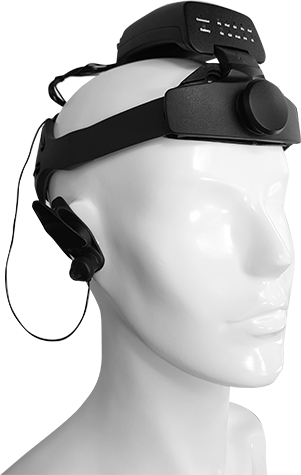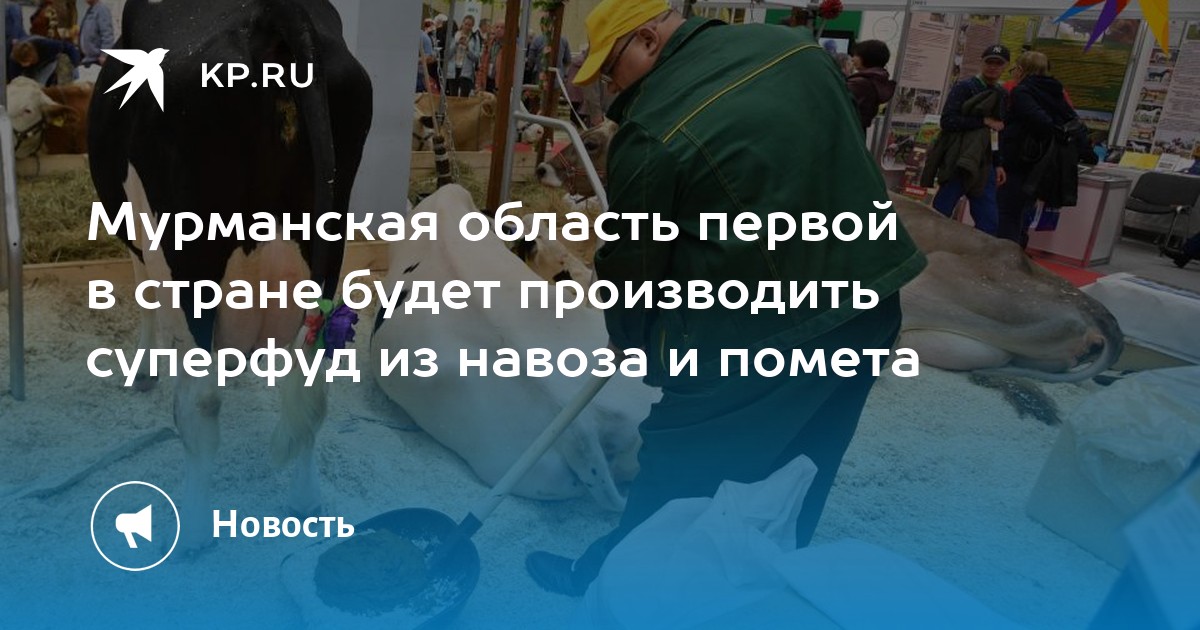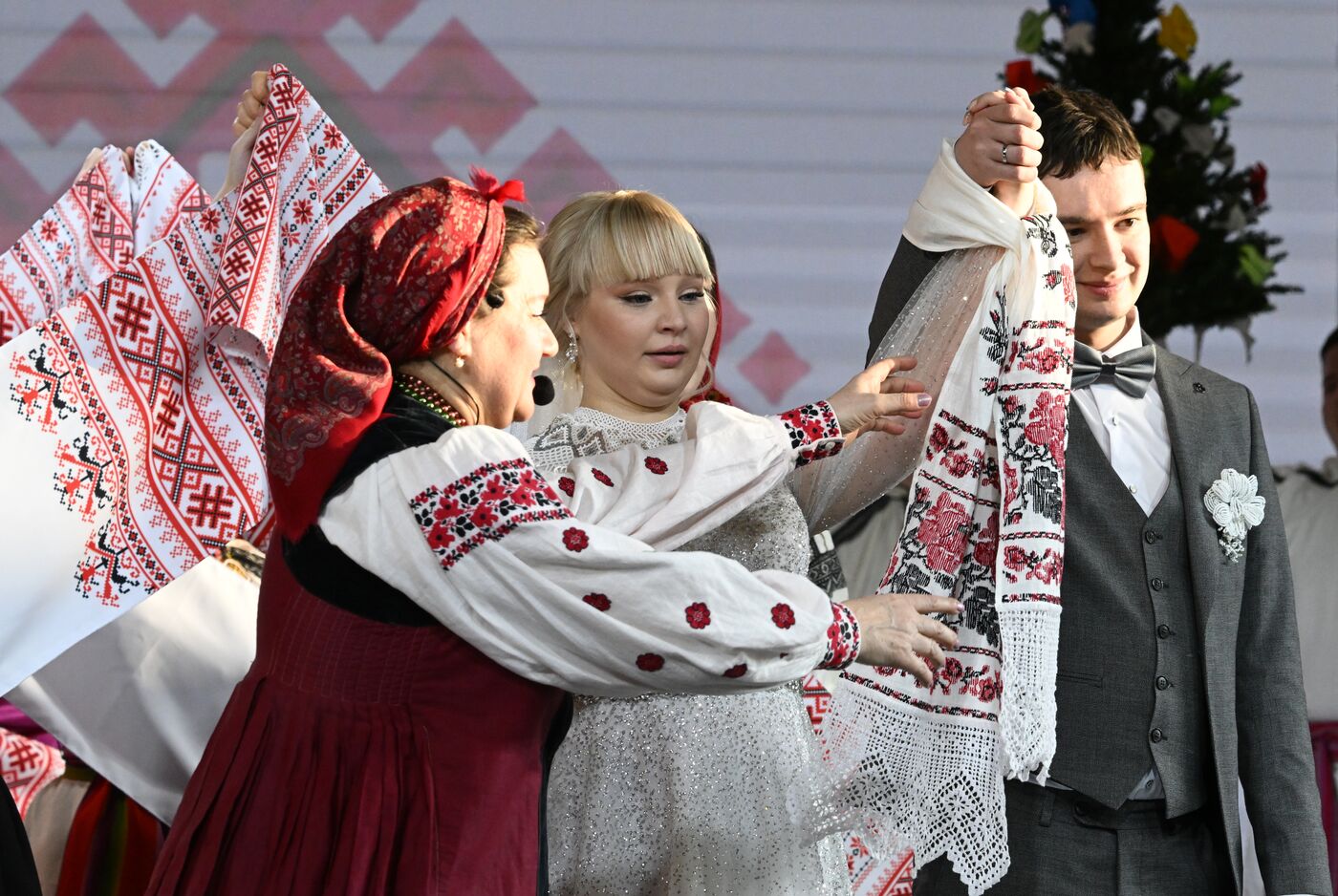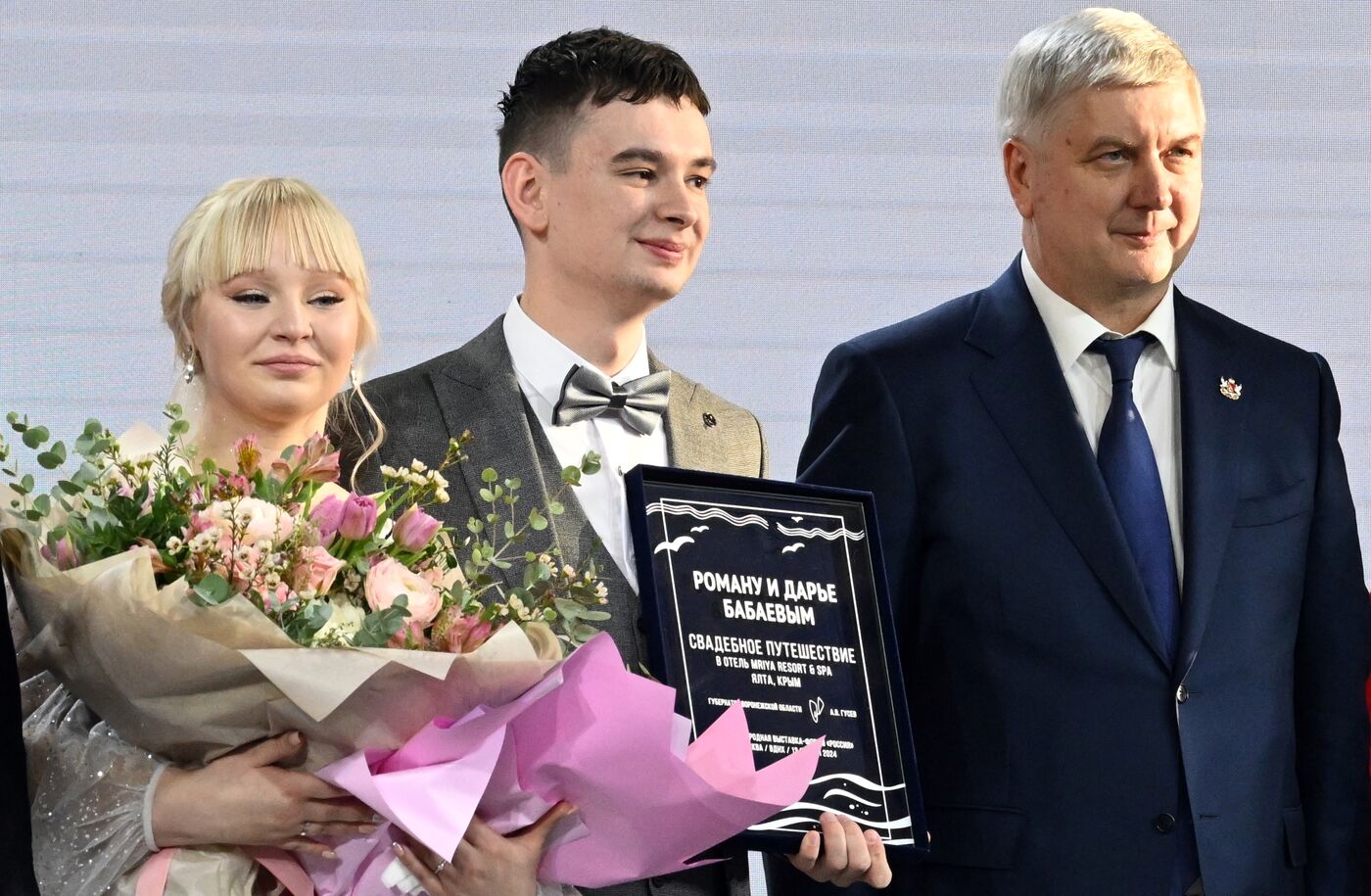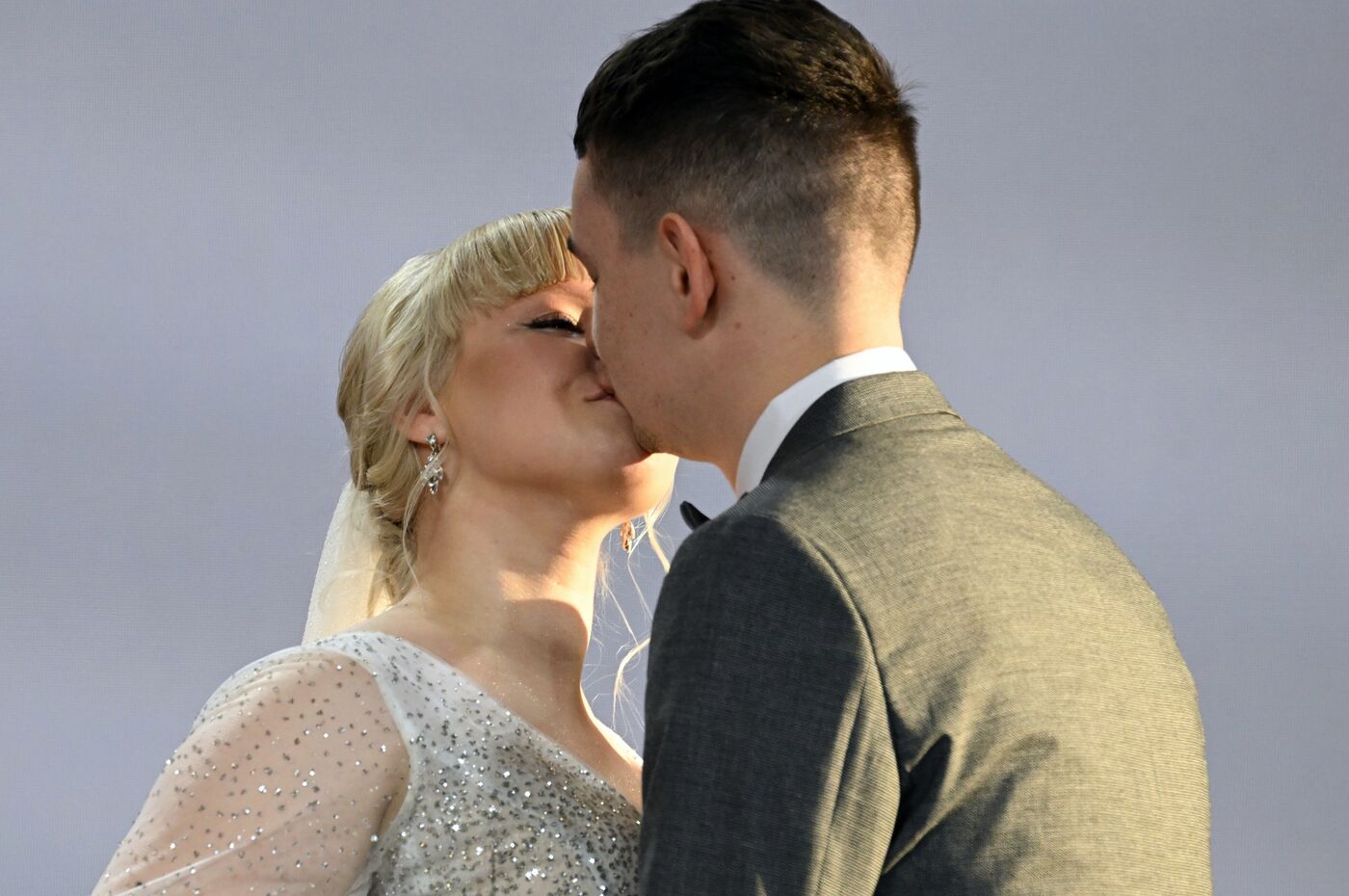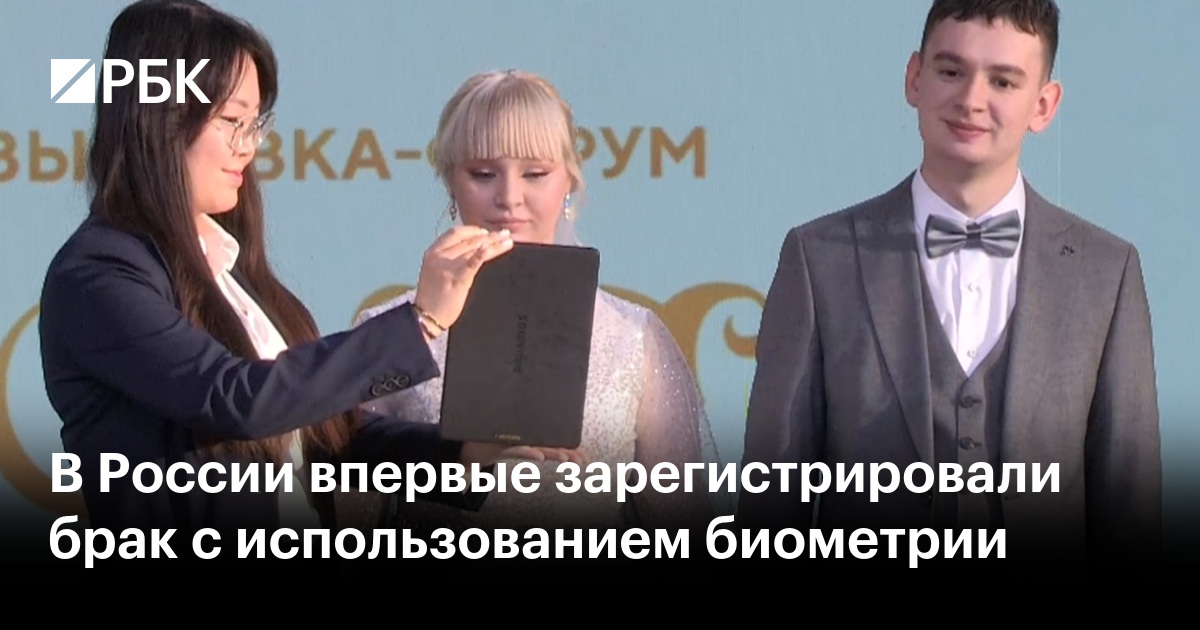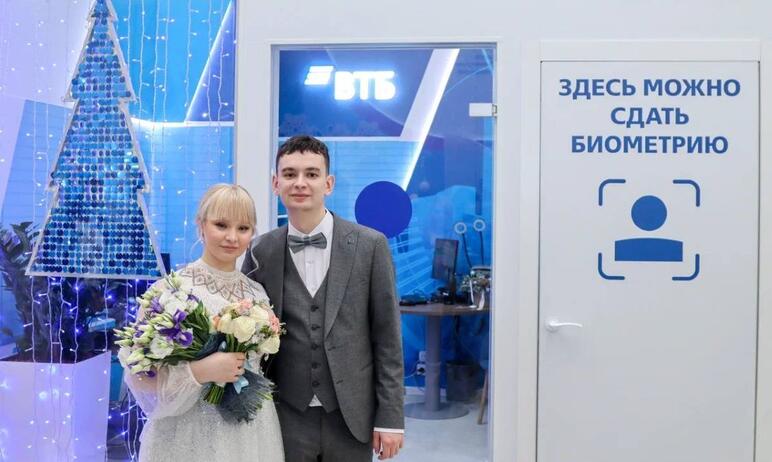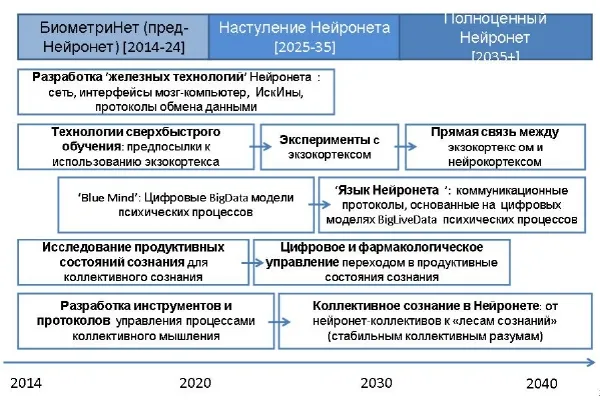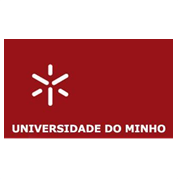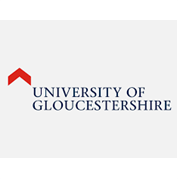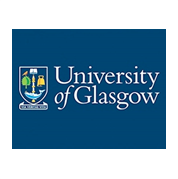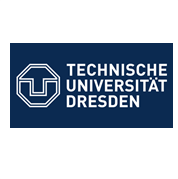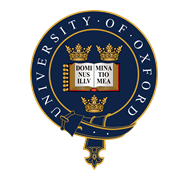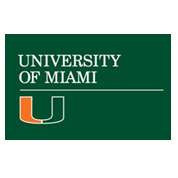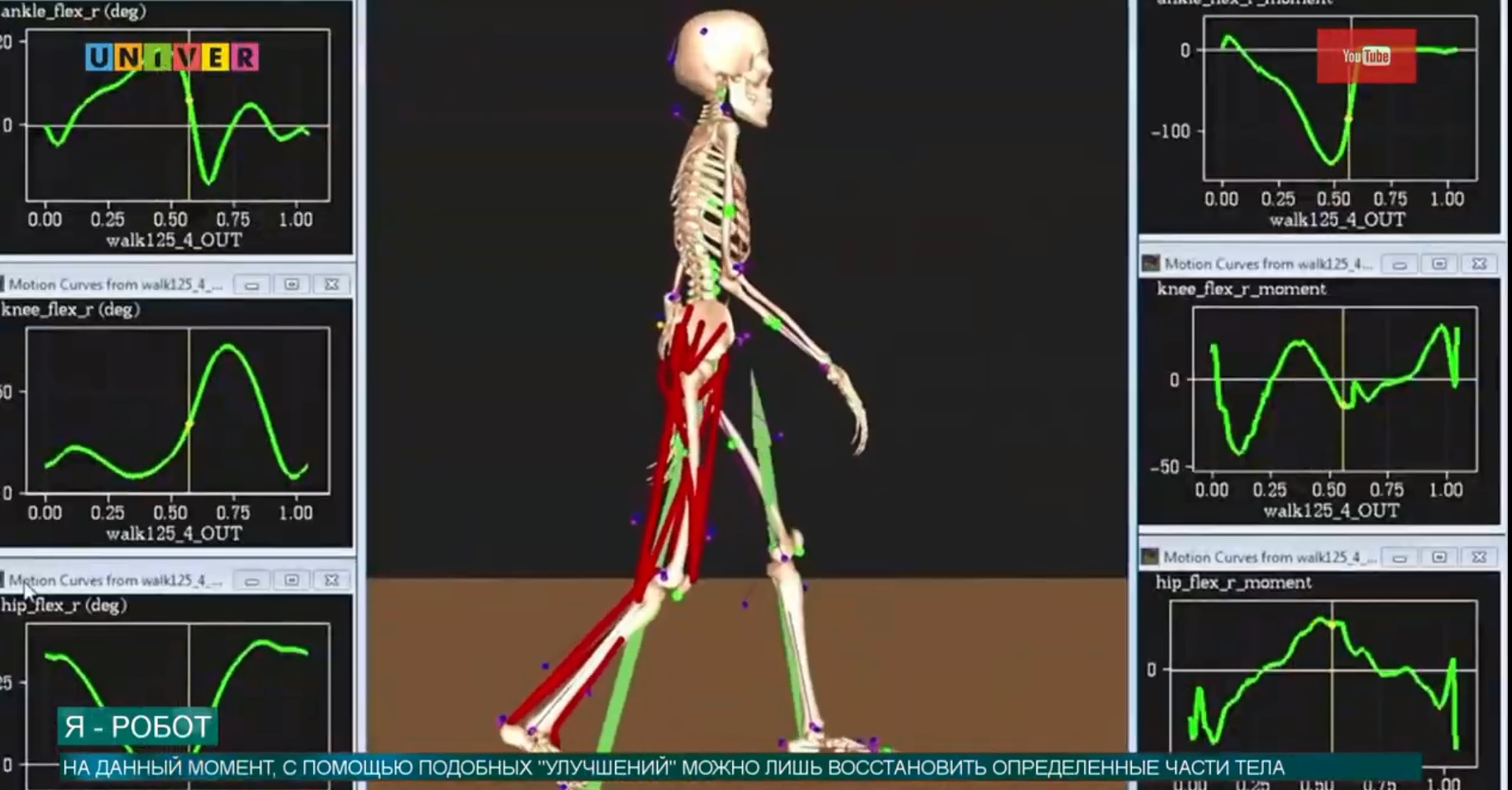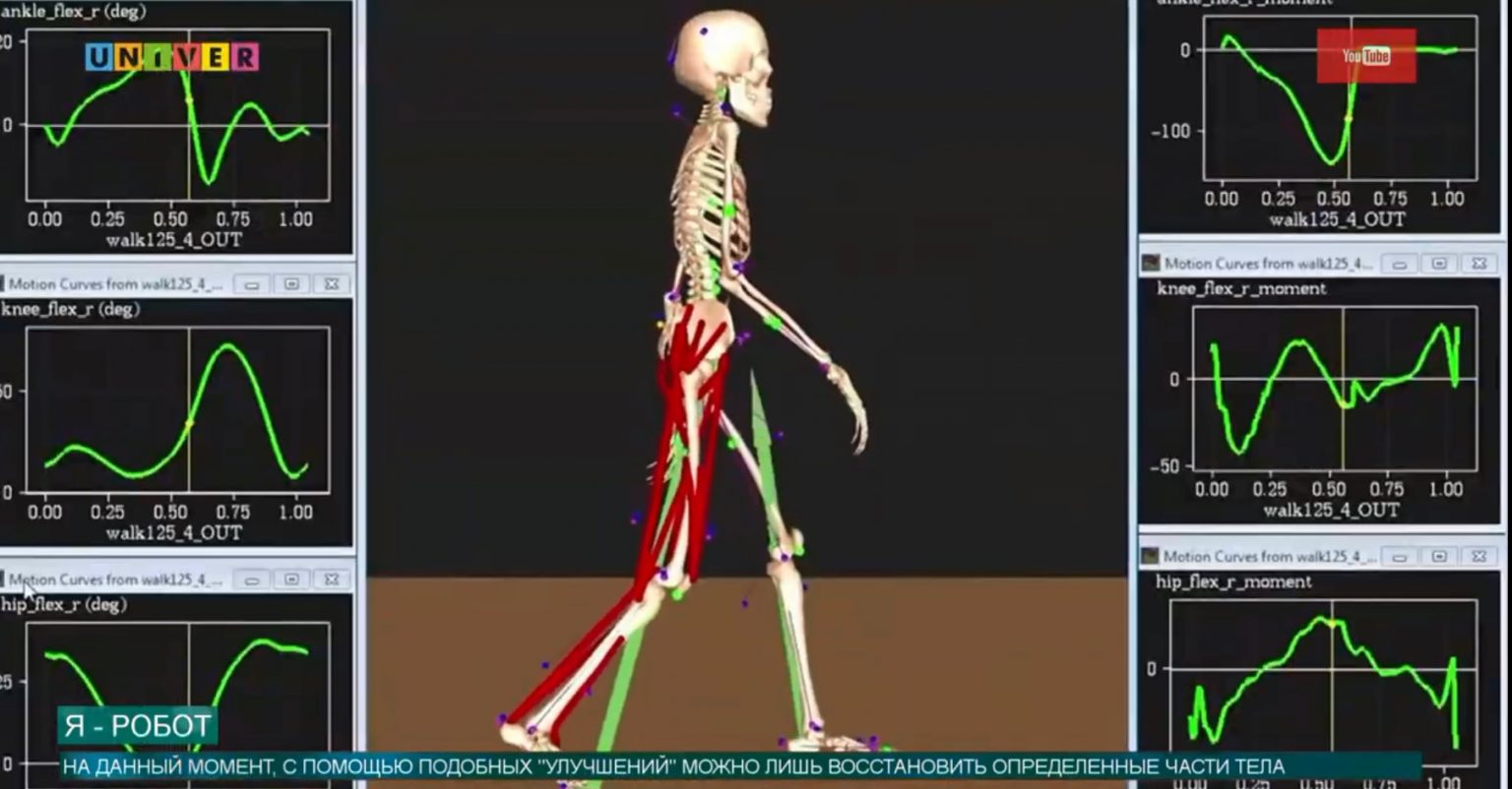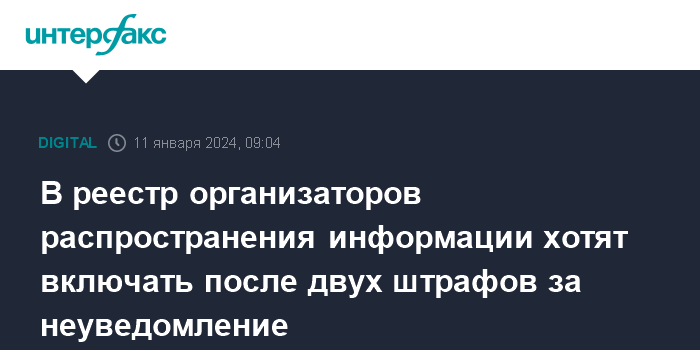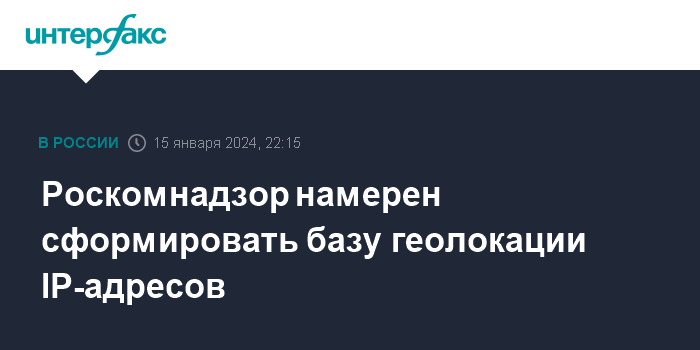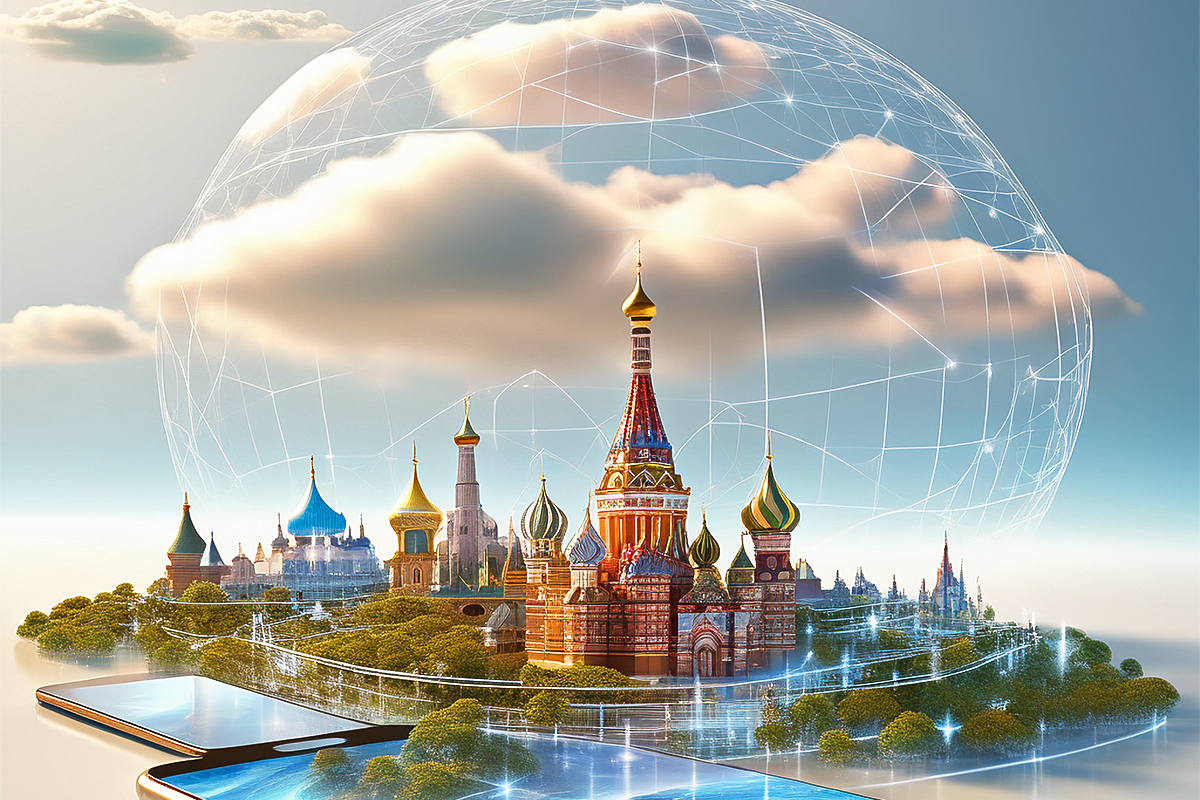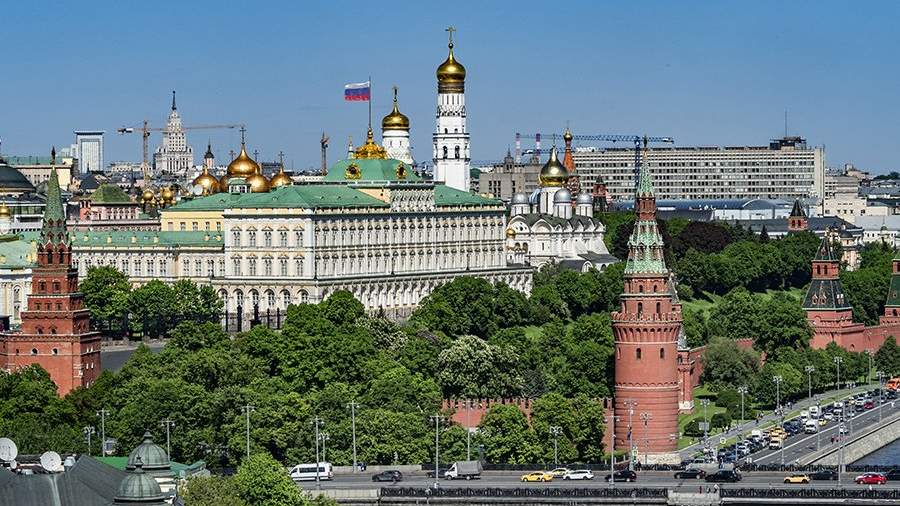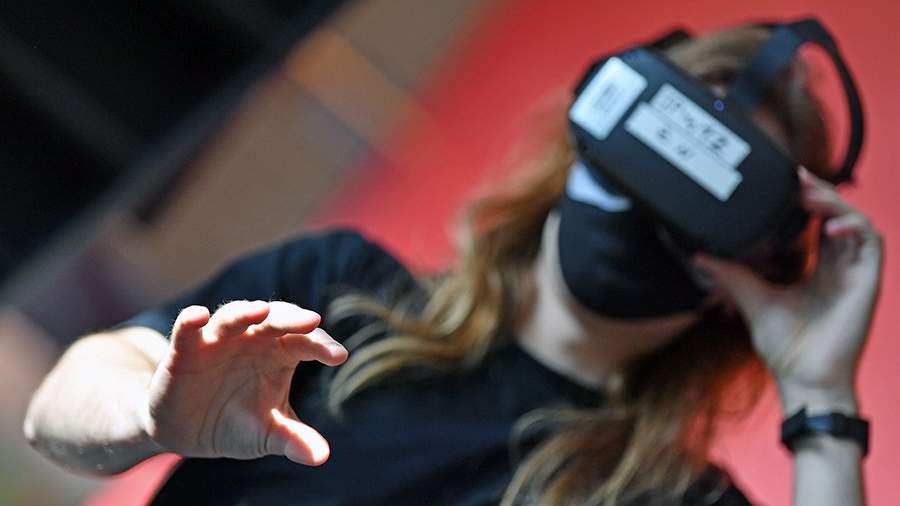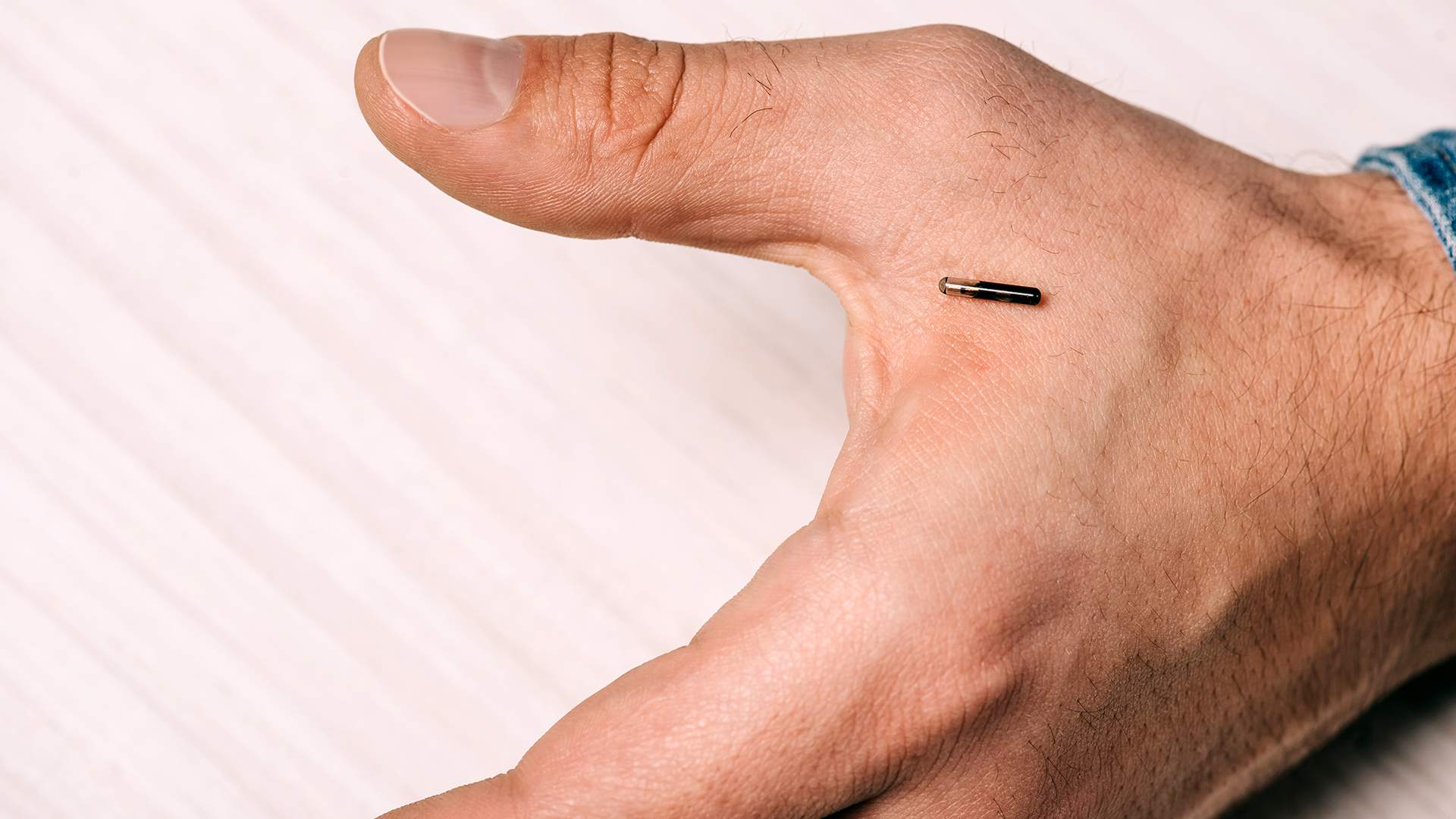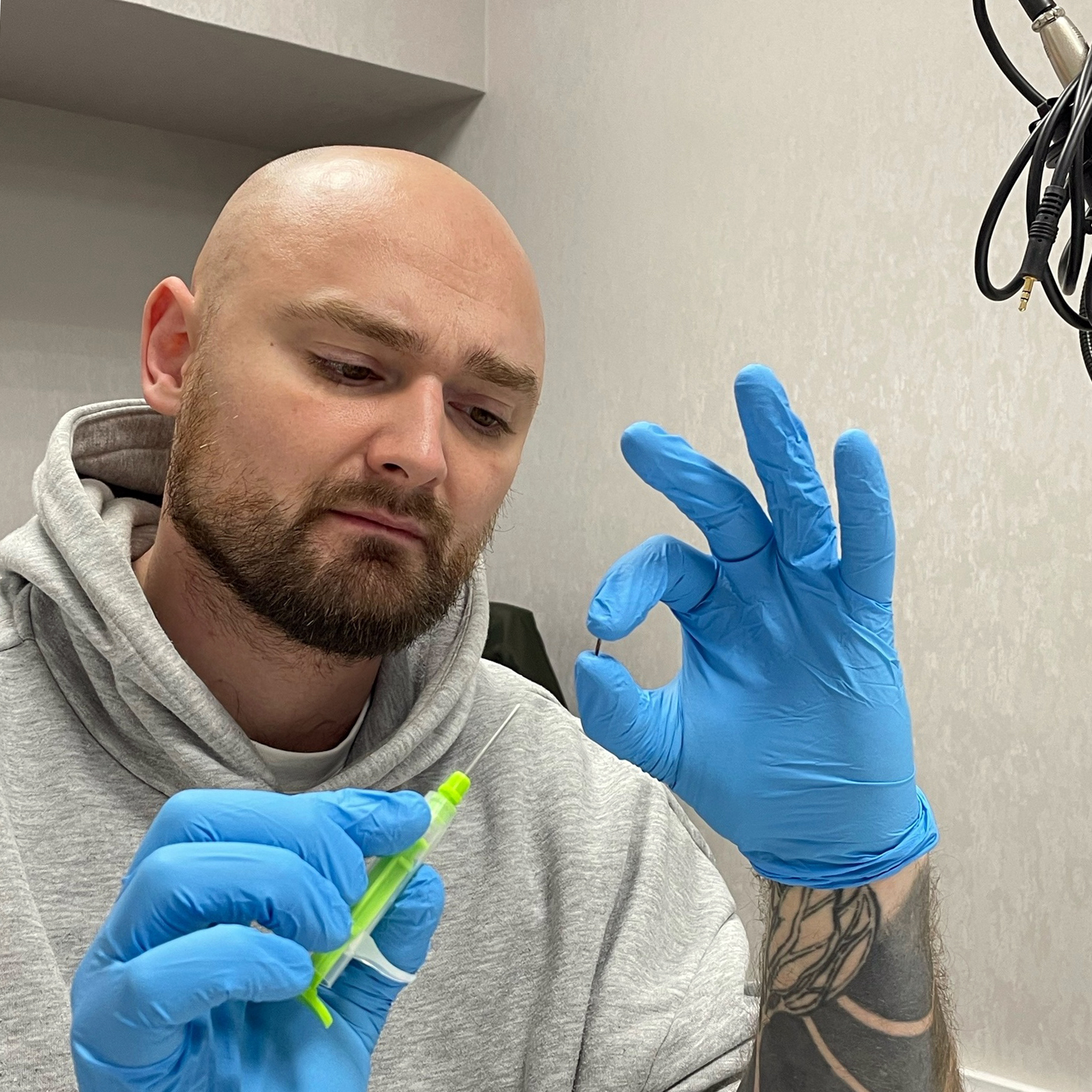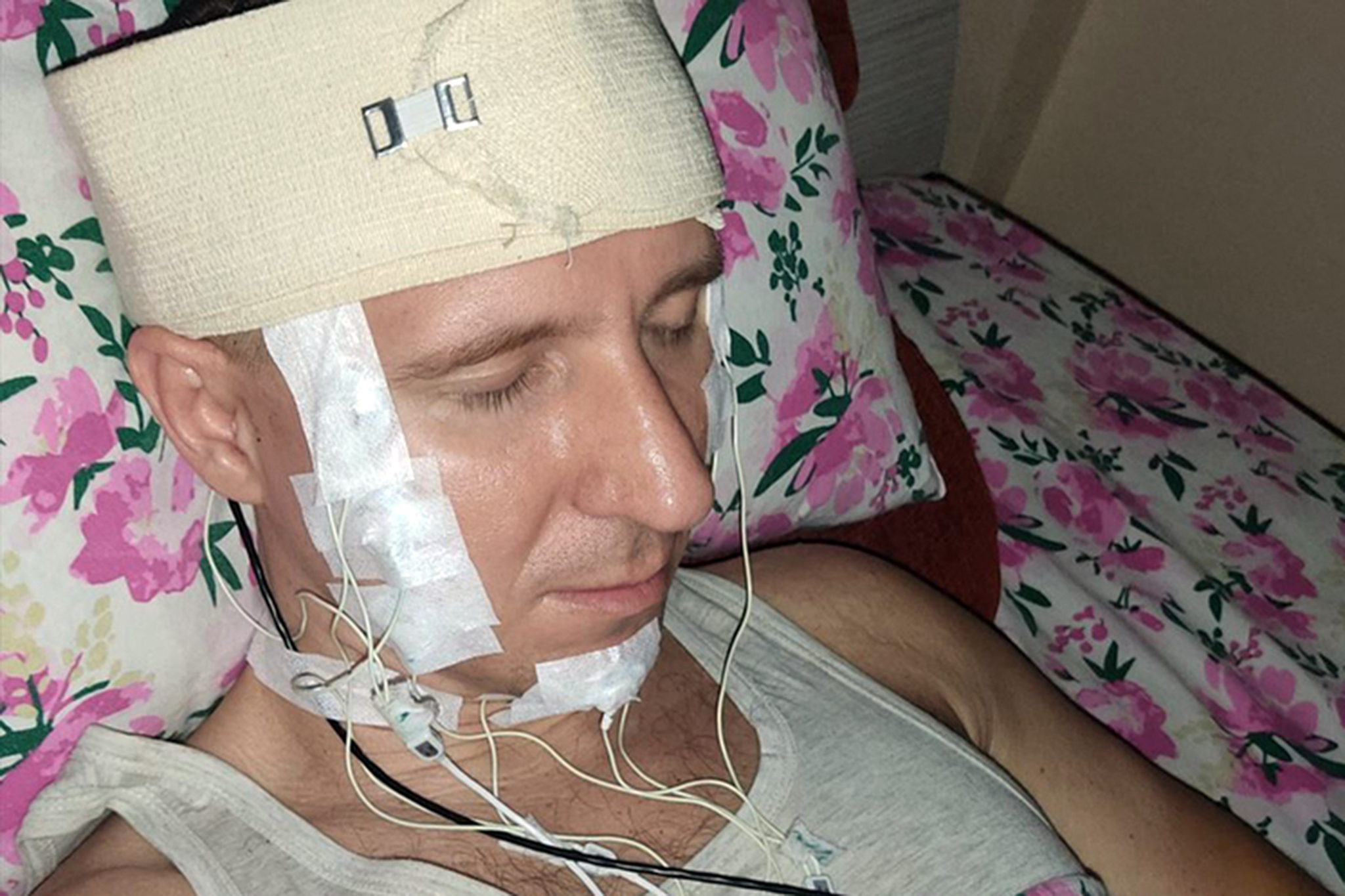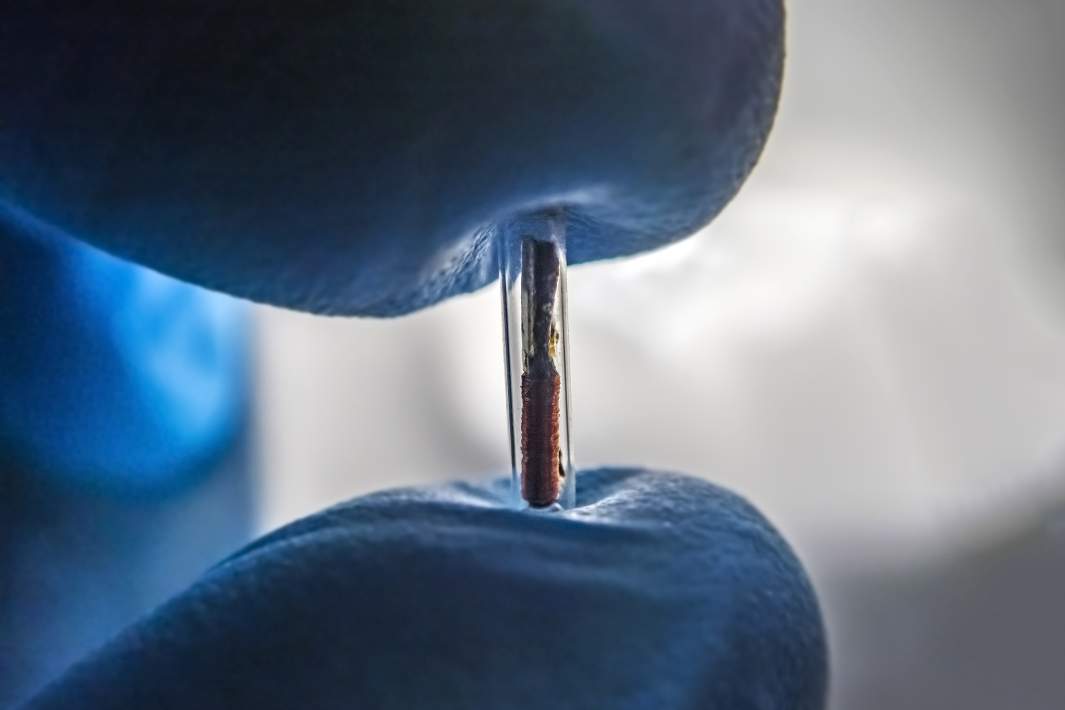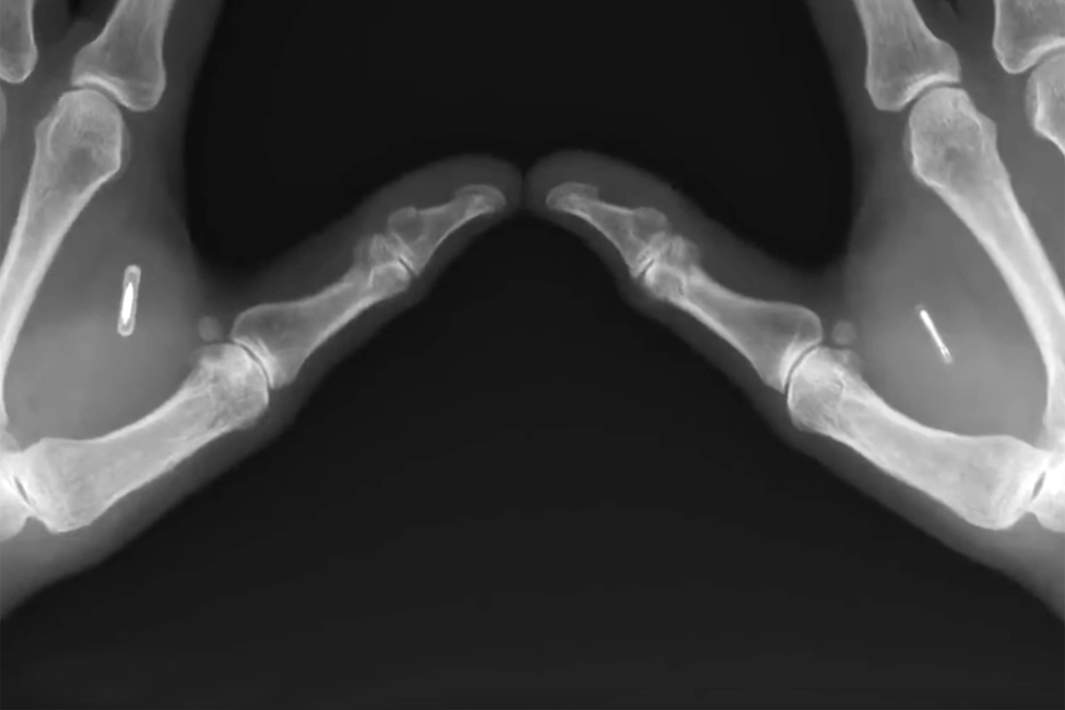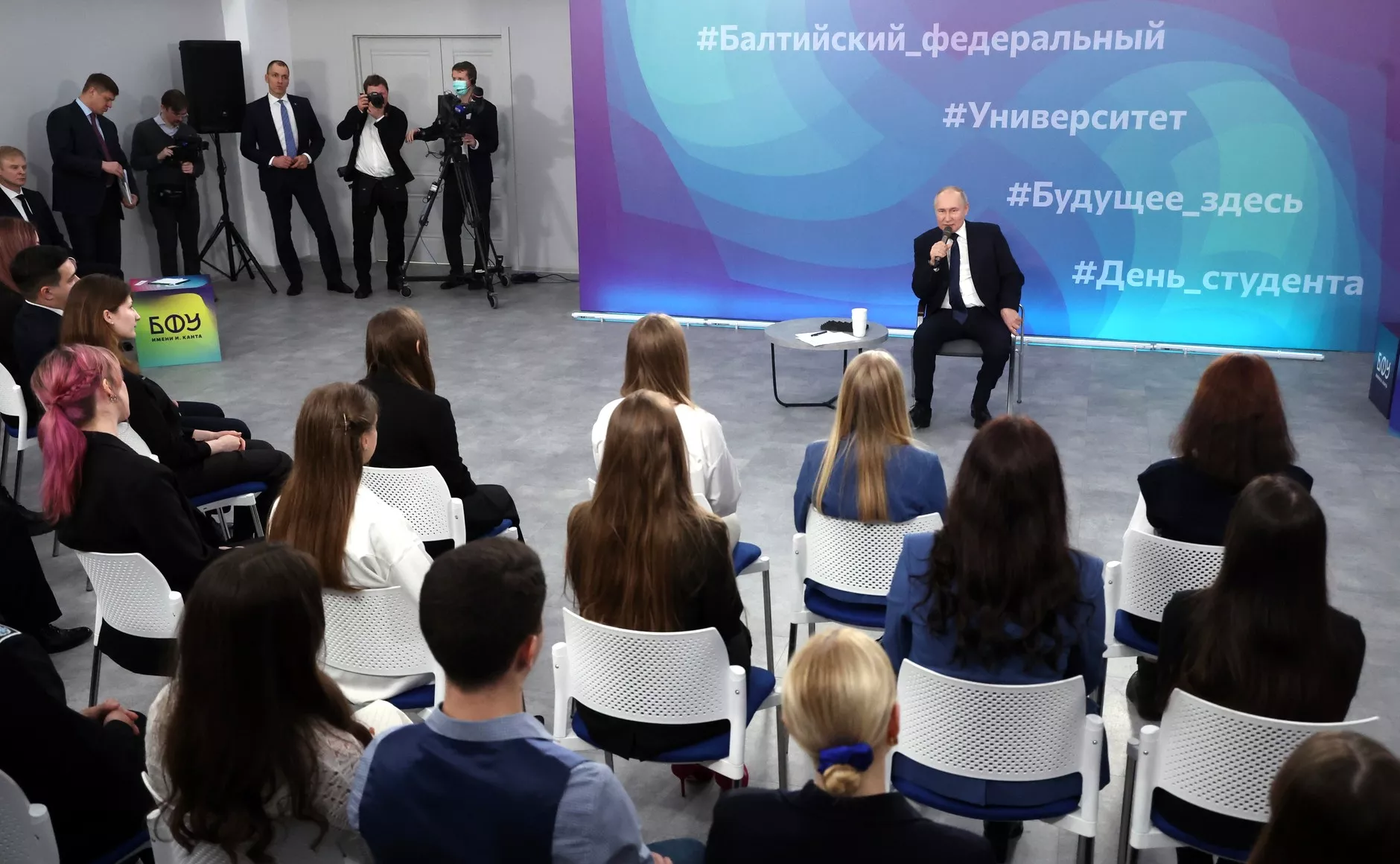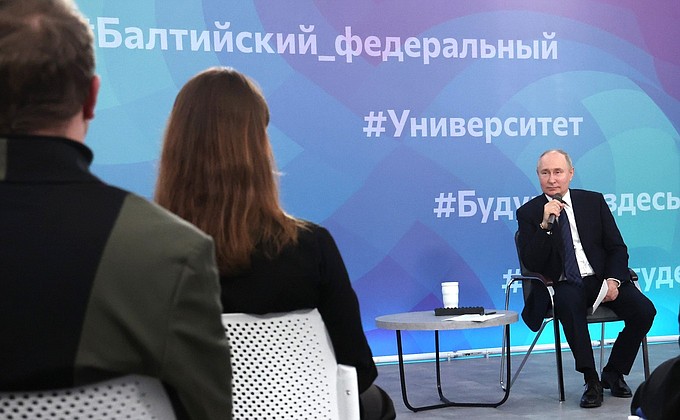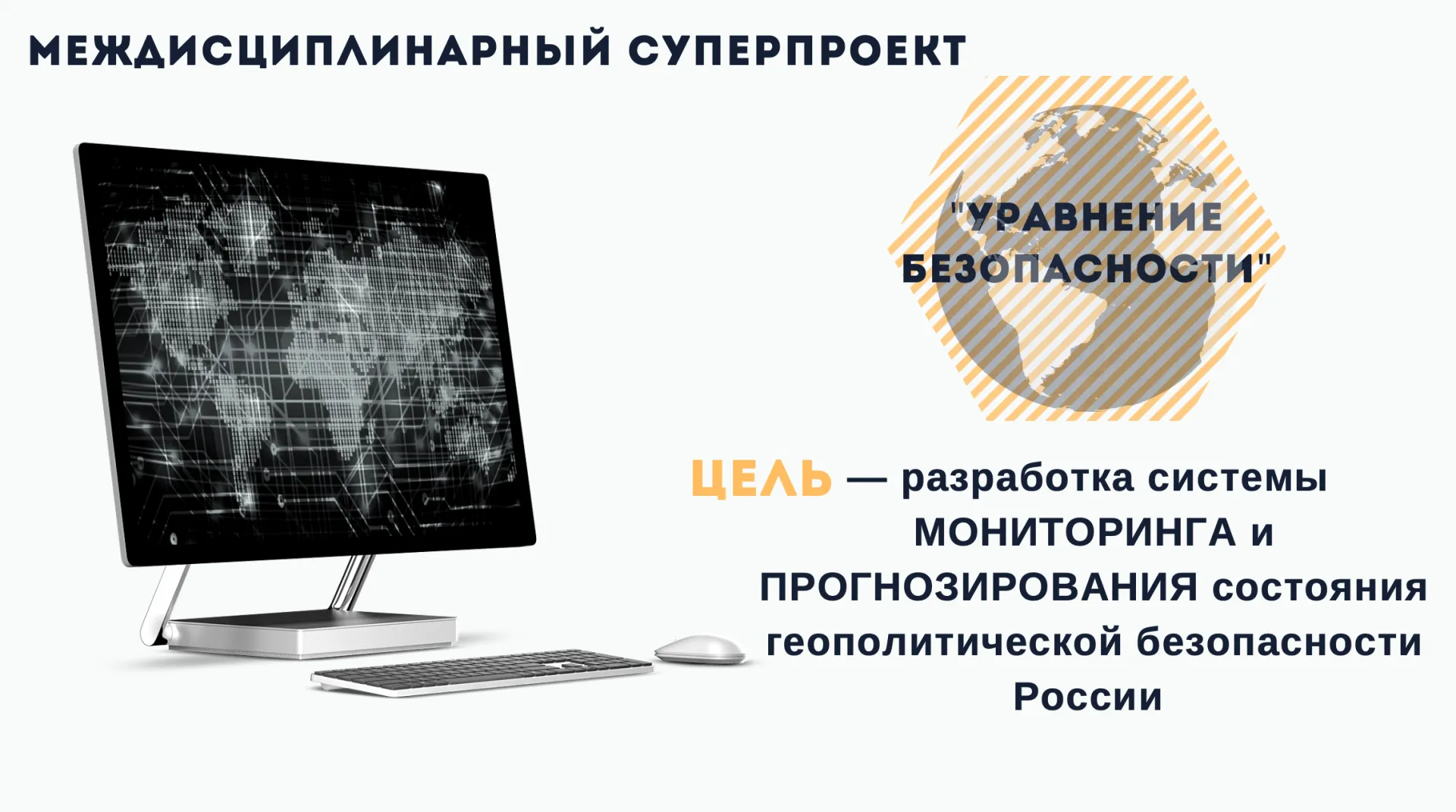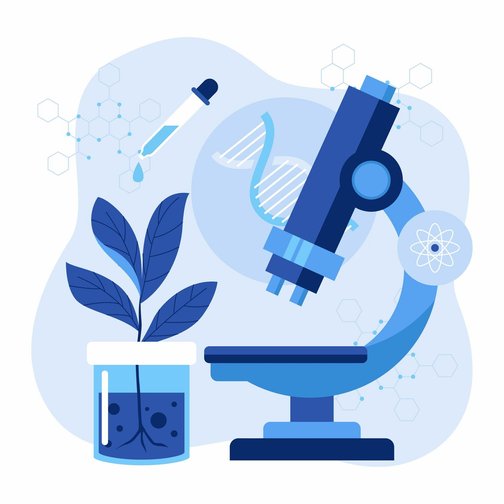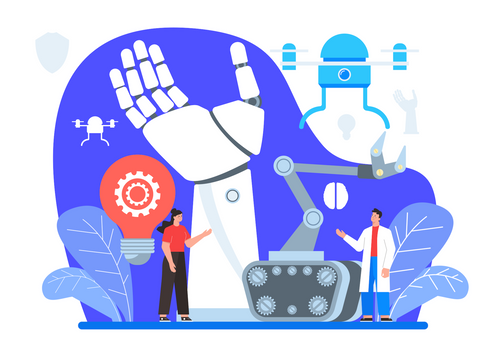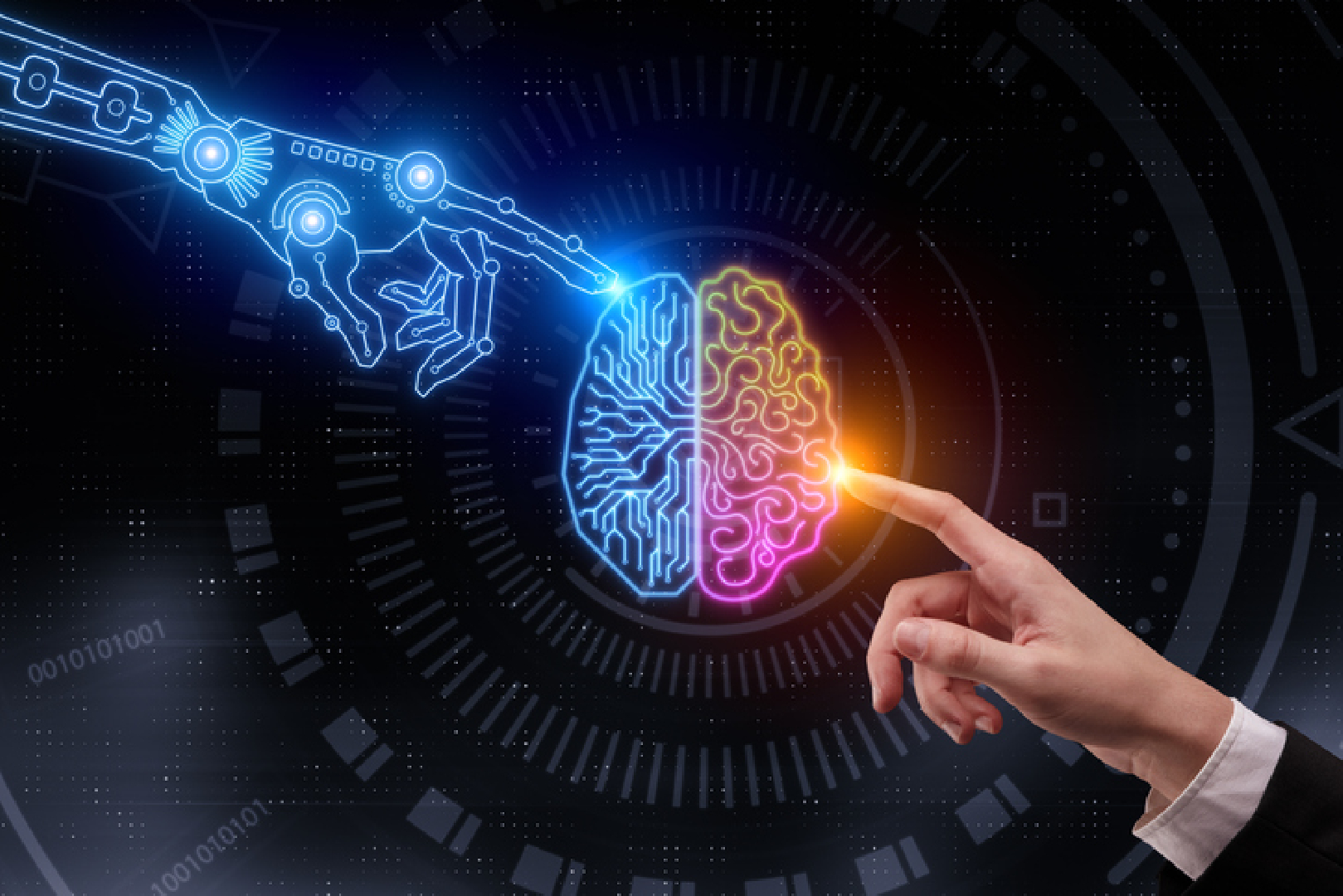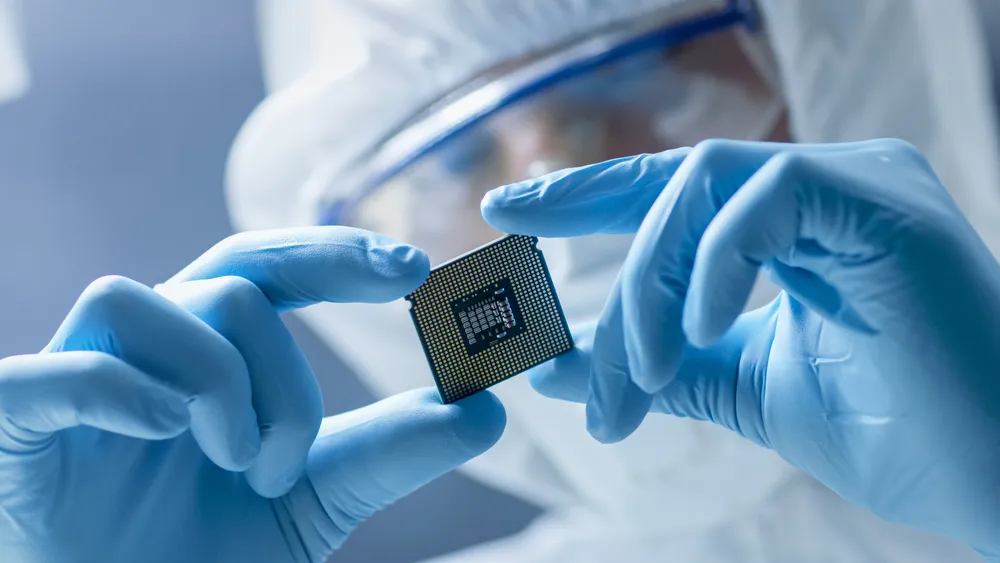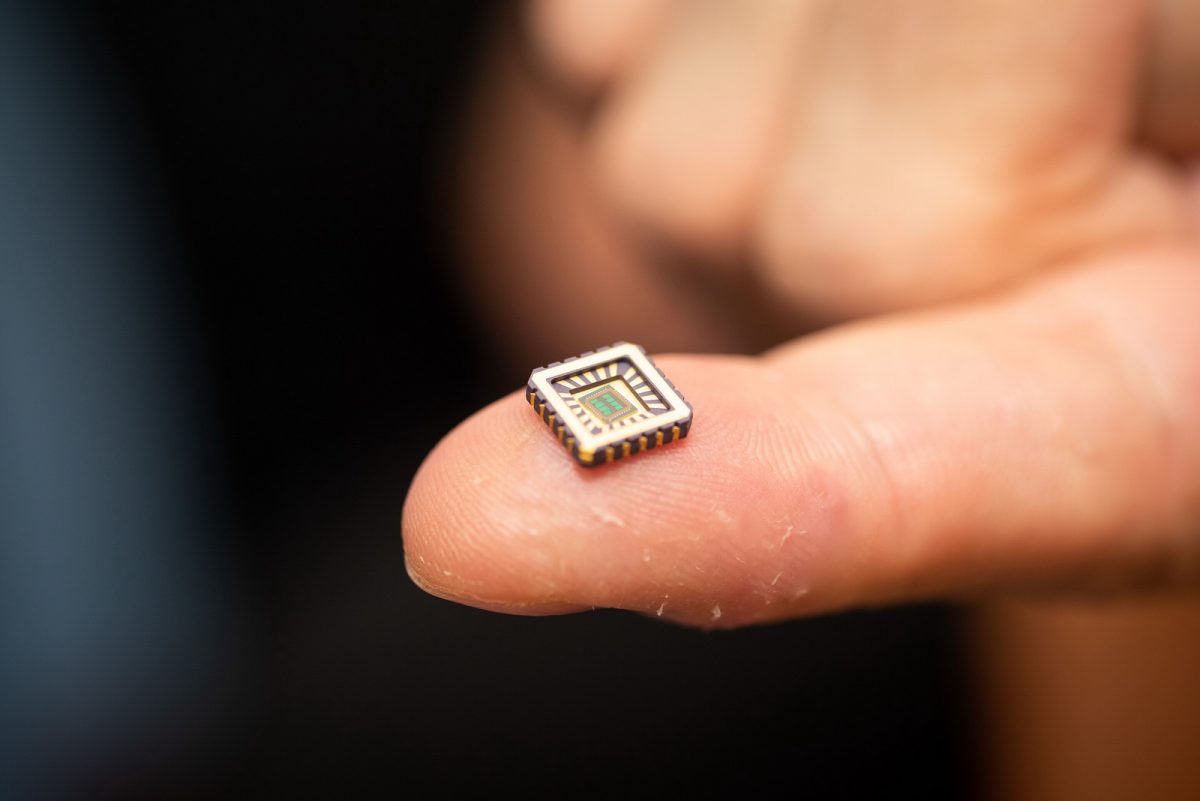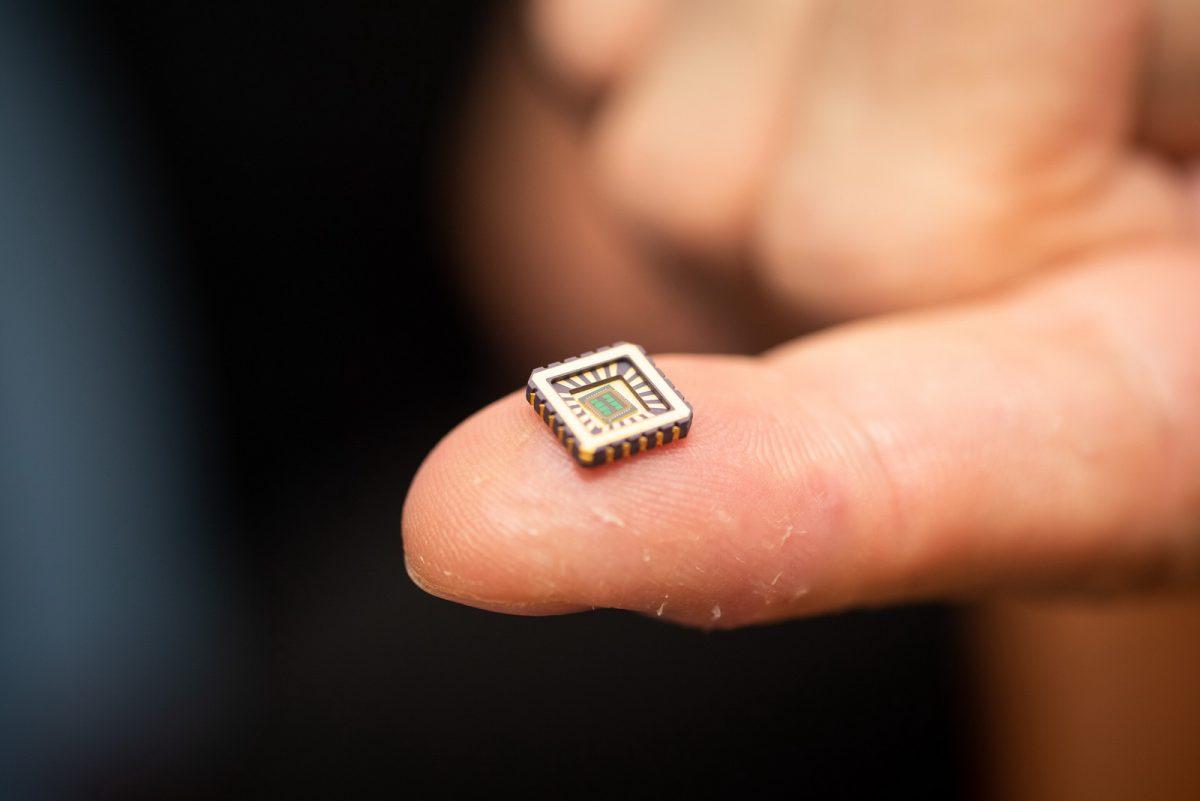Lalas
Star
- Joined
- Nov 8, 2022
- Messages
- 2,129
Moscow 24 TV channel, "Biohacking. Human-Machine" Krasnokholmskaya Gallery
1.11.2023
On October 20, 2023, the exhibition "BIOHACKING. Human-Machine", which includes works by artists, scientific and engineering developments, as well as startup products that address the topics and tasks of biohacking, bioengineering, prosthetics, longevity and conscious aging.
Contemporary artists offer new images of the fusion of the living and the technological. At the same time, bioengineering startups are actively developing, seeing as their goal the improvement of human life through the use of a variety of technologies - from cognitive to robotics and machine learning. Artists and scientists think in the same direction, and that's why their projects are sometimes similar to each other.
You can look into the future until January 14.
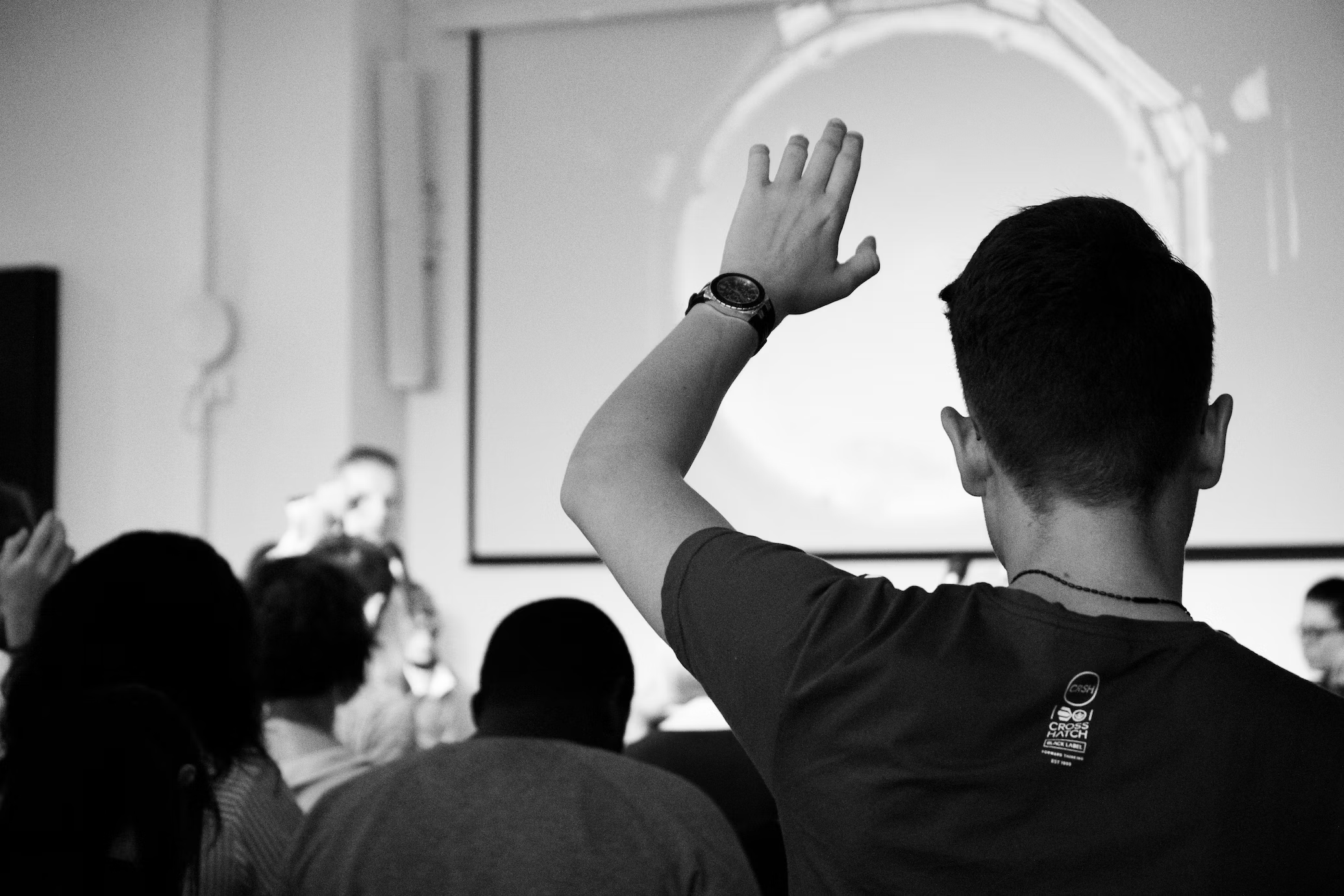
Круглый стол "Инструкция к использованию. Кому и зачем нужен биохакинг?" / События на TimePad.ru
14 января в галерее Краснохолмская в 18:00 пройдет круглый стол "Инструкция к использованию. Кому и зачем нужен биохакинг?"
On January 14, at 6:00 p.m., Krasnokholmskaya Gallery will host the finalization of the exhibition "Biohacking. Human-Machine". In the program: "Instructions for use. Who needs biohacking and why?" in the format of a series of blitz presentations by exhibition participants: artists, scientists, and startup representatives.
Moderators:
curators of the exhibition "Biohacking. Human-Machine":
Elena Demidova, media artist, curator of the research project "MEDIABODYMEDIA". Studies the multimodality of sensory perception and communication, the problems of human augmentation
Alexey Shulgin, artist, teacher, curator of the Krasnokholmskaya Gallery and the International Biennale "Art of the Future"
«Биохакинг: человек-машина» – билеты на выставку в Москве – расписание на Яндекс Афише
Выставка «Биохакинг: человек-машина». Москва. Покупка билетов онлайн. Описание, фото, похожие мероприятия. Покупайте электронные билеты на выставку и другие мероприятия на Яндекс Афише.
Biohacking: Human-Machine
The exhibition includes works by artists, scientific and engineering developments, as well as startup products that address the topics and tasks of biohacking, bioengineering, prosthetics, longevity, and conscious aging.
The desire for perfection has always been inherent in man. Recently, this process has intensified significantly due to scientific, technological and humanitarian achievements. New developmental practices, food and dietary supplements, gadgets for monitoring the body are emerging, technologies for adjusting lifestyle and helping people with special needs are actively developing.
Technologies offer new opportunities to the person of the future: capsules for developing a state of rest, neural interfaces for equalizing the emotional background, and other technologies that improve the quality of life, complement human capabilities, and at the same time frighten with their radicality. Contemporary artists offer new images of the fusion of the living and the technological. At the same time, bioengineering startups are actively developing, seeing their goal as improving human life through the use of a variety of technologies, from cognitive to robotics and machine learning. Artists and scientists think in the same direction, and that's why their projects are sometimes similar to each other.
The exhibition presents art and design objects, concepts and texts, engineering and scientific developments, DIY devices and technologies, video (including documentation), installations, mixed media, as well as social projects and business startups.
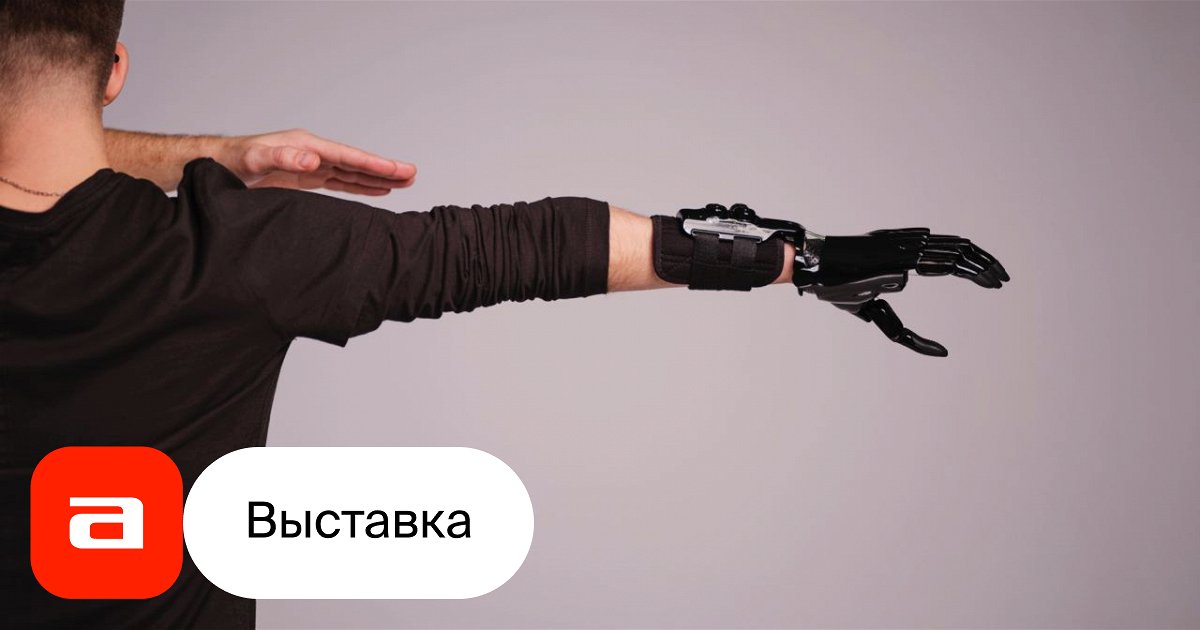
Выставка Биохакинг. Человек-машина, Москва – Афиша-Музеи
Расписание, отзывы и рецензии на выставку «Биохакинг. Человек-машина», Краснохолмская, Москва

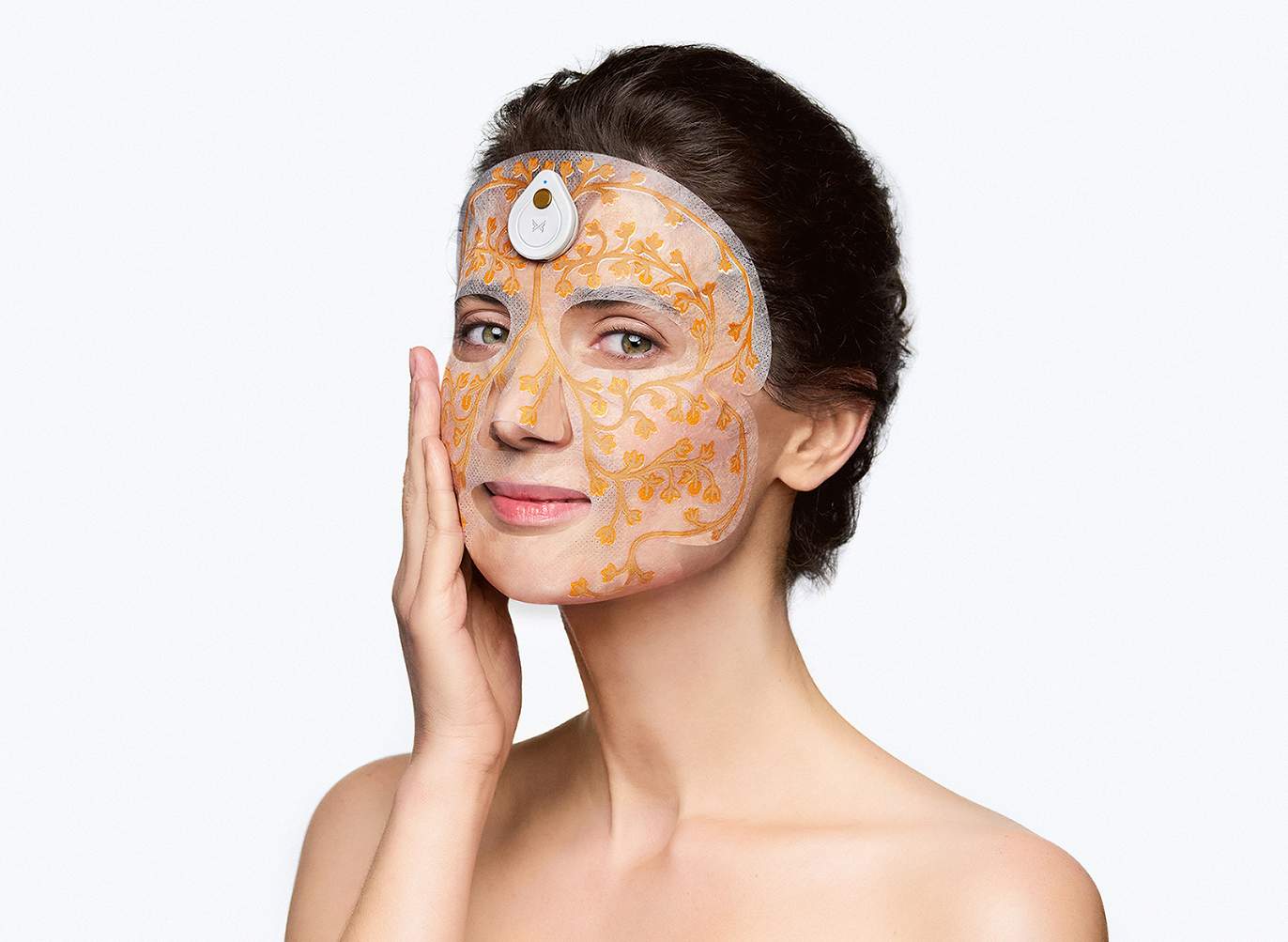
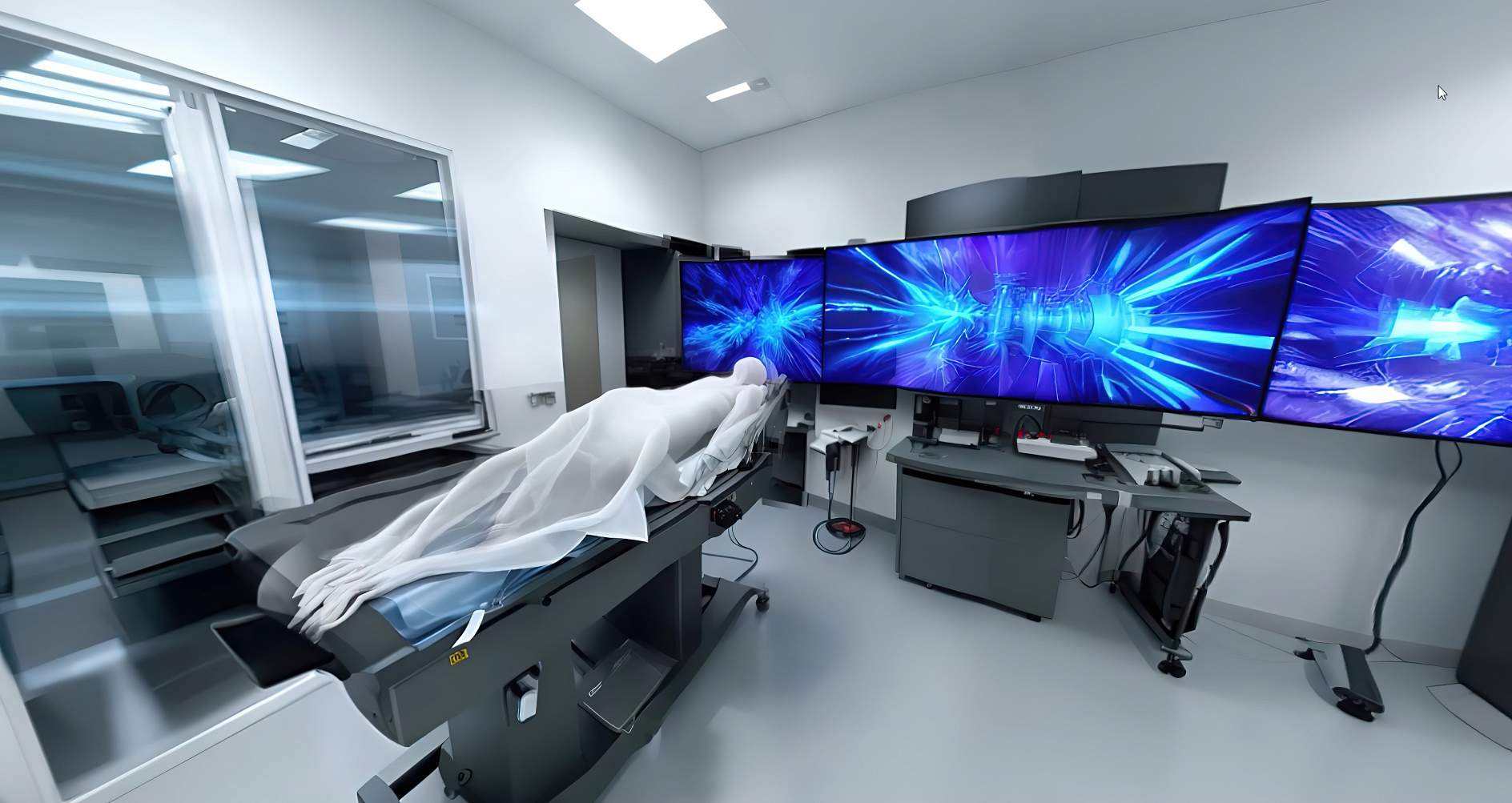
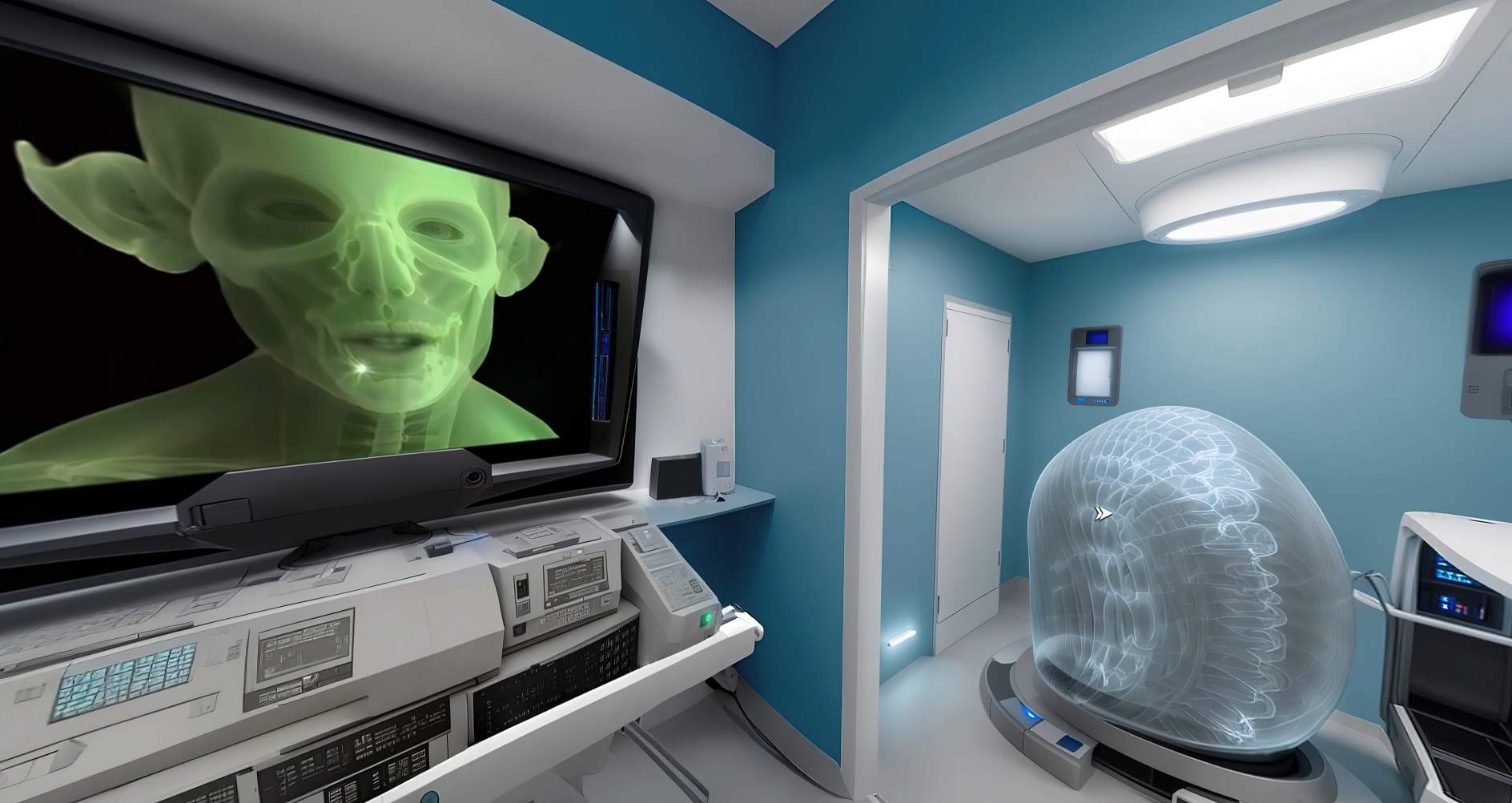
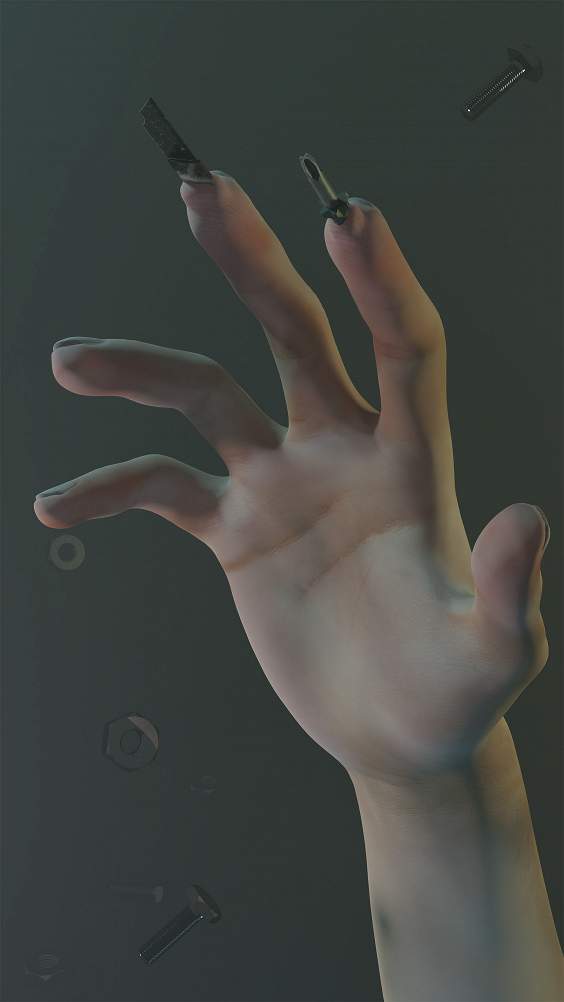


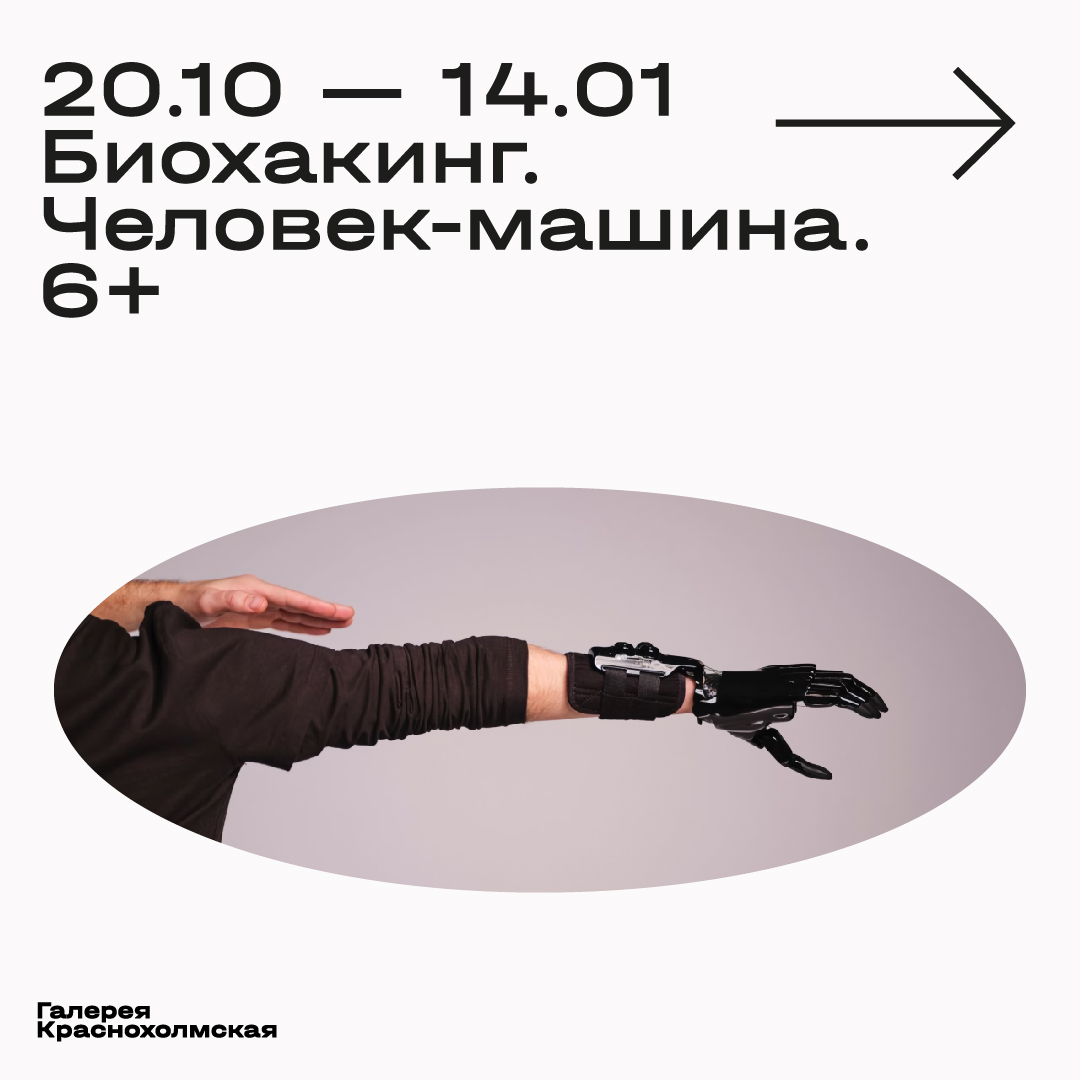
Биохакинг. Человек-машина.
Exhibition halls in Moscow
Biohacking.
Machine Human
On October 20, 2023, the exhibition "BIOHACKING. Human-Machine", which includes works by artists, scientific and engineering developments, as well as startup products that address the topics and tasks of biohacking, bioengineering, prosthetics, longevity, and conscious aging.
Date:
20 October 2023 — 14 January 2024
The desire for perfection has always been inherent in man. Recently, this process has intensified significantly due to scientific, technological and humanitarian achievements. New developmental practices, food and dietary supplements, gadgets for monitoring the body are emerging, technologies for adjusting lifestyle and helping people with special needs are actively developing.
Technologies offer new opportunities to the person of the future: capsules for developing a state of rest, neural interfaces for equalizing the emotional background, and other technologies that improve the quality of life, complement human capabilities, and at the same time frighten with their radicality.
Contemporary artists offer new images of the fusion of the living and the technological. At the same time, bioengineering startups are actively developing, seeing as their goal the improvement of human life through the use of a variety of technologies - from cognitive to robotics and machine learning. Artists and scientists think in the same direction, and that's why their projects are sometimes similar to each other.
The exhibition will feature: art and design objects, concepts and texts, popular science films, engineering and scientific developments, DIY devices and technologies, video (including documentation), installations, mixed media, as well as social projects and business startups.
Age limit: 6+
Participants
Artists
....
Scientists
Mihail Lebedev, Andrey Demchinskiy, Angelina Potapova, Dmitriy Krivosheev, Nikita Bukreev
Innovative Projects
Motorika LLC, Sensor-Tech Laboratory, Sensori Lab LLC, Genotek, YamaYami, CommON.
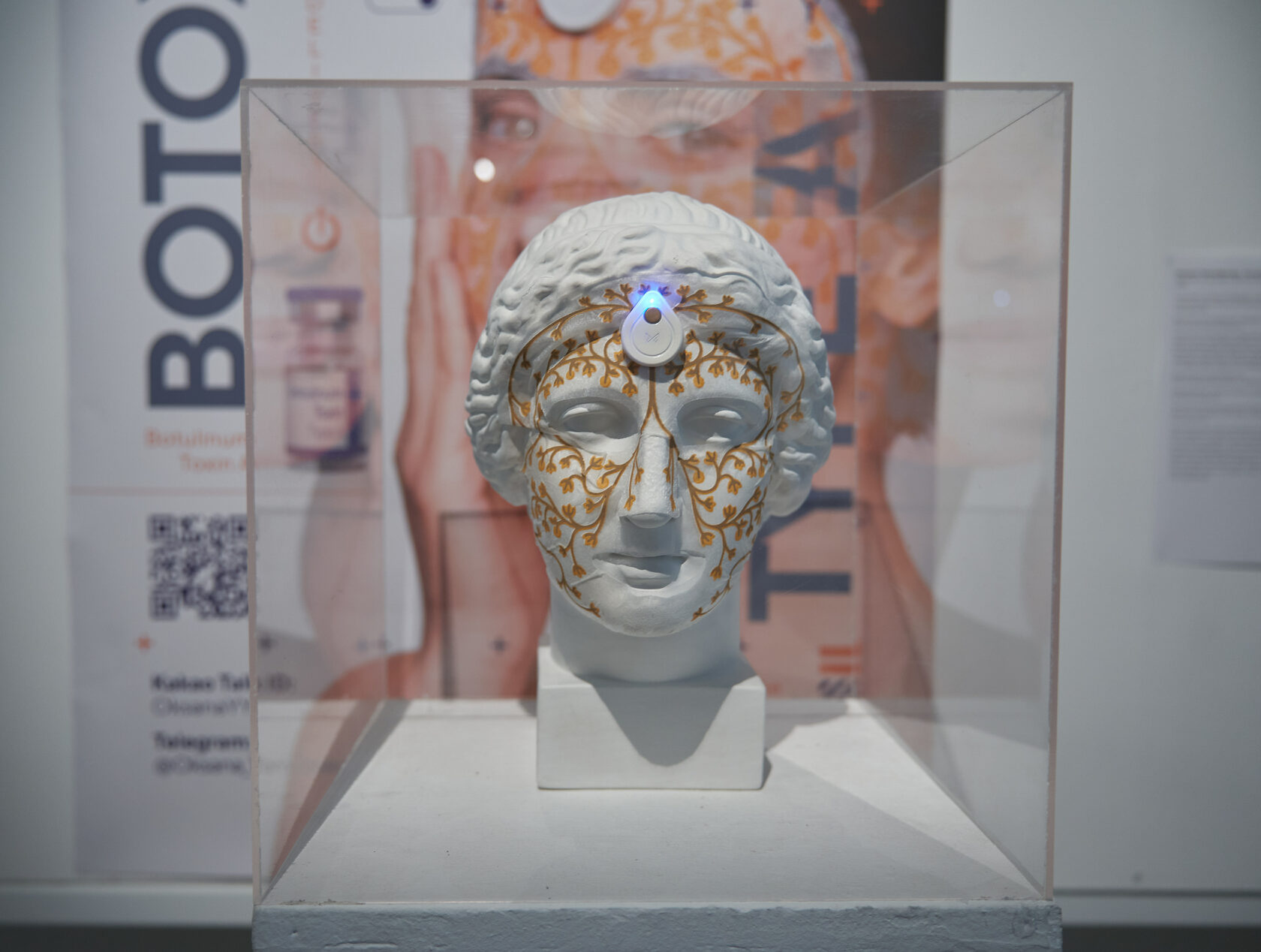
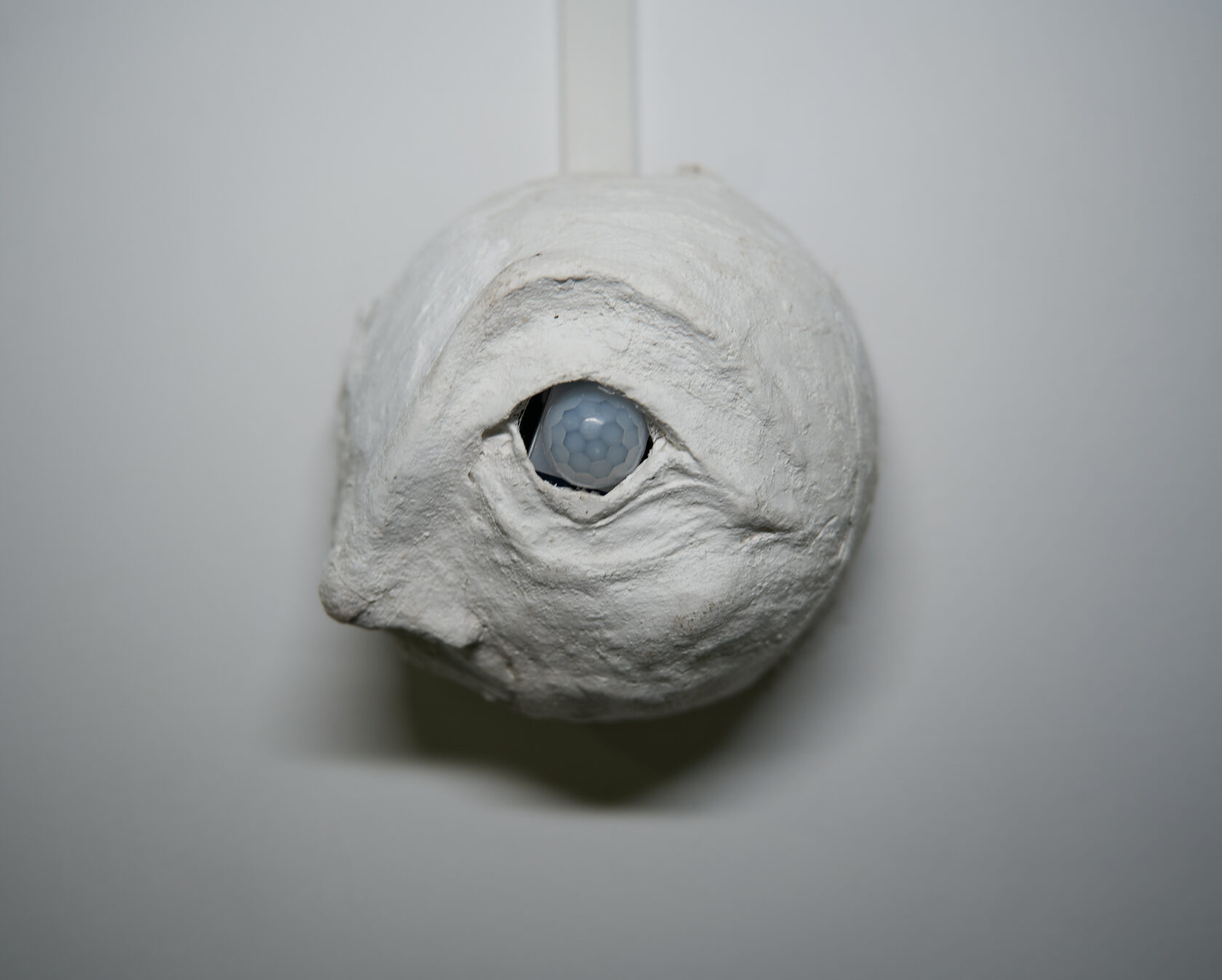
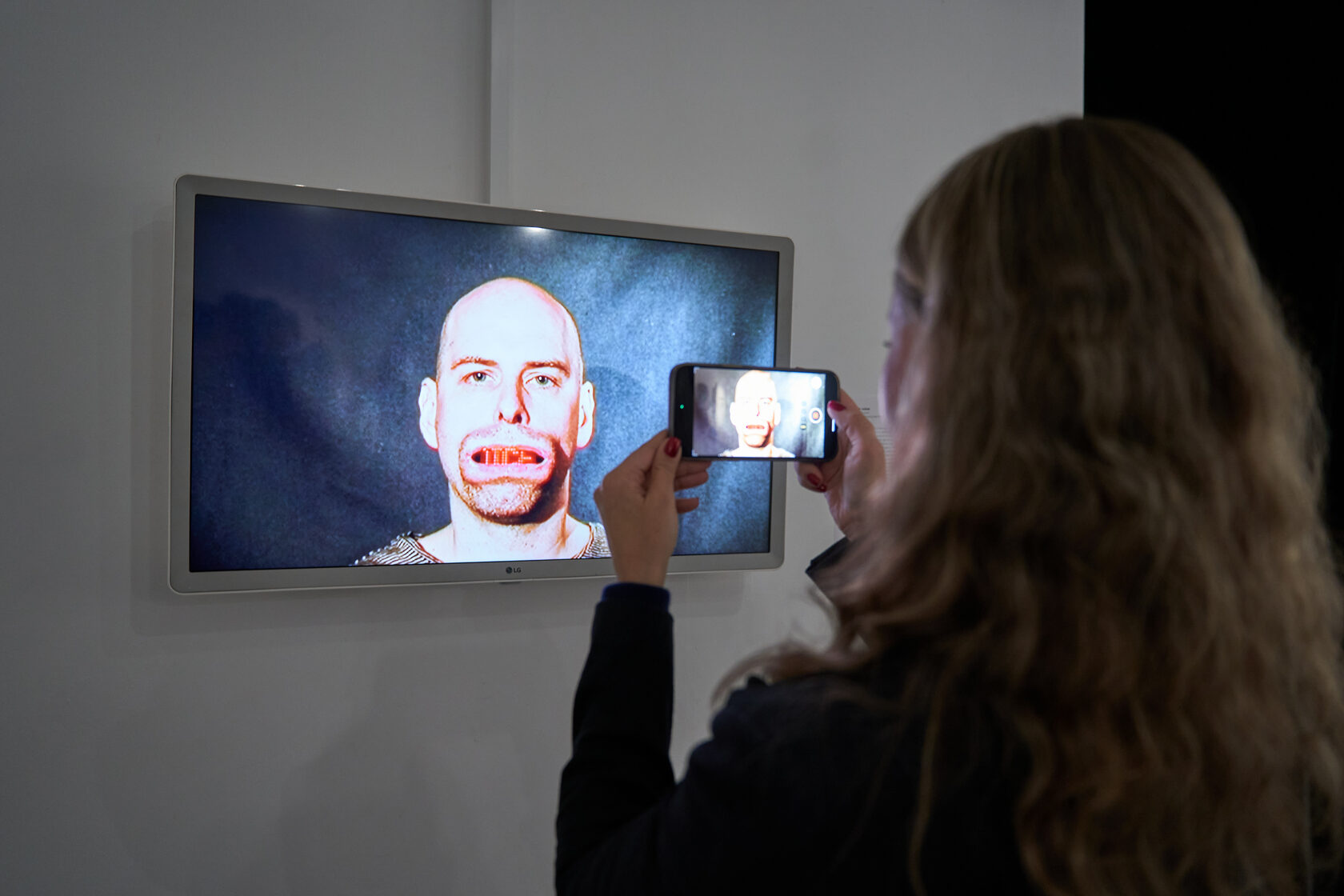
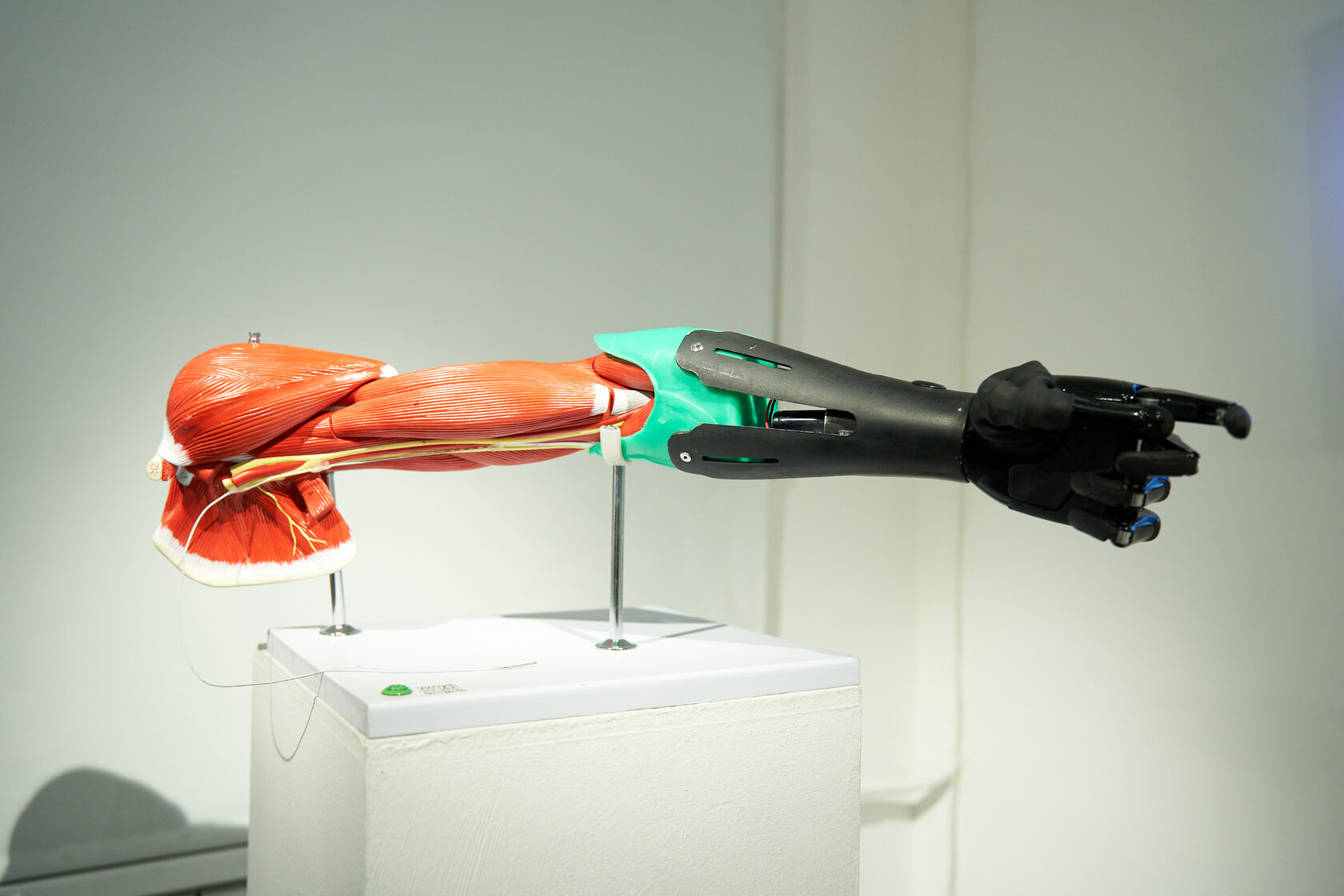
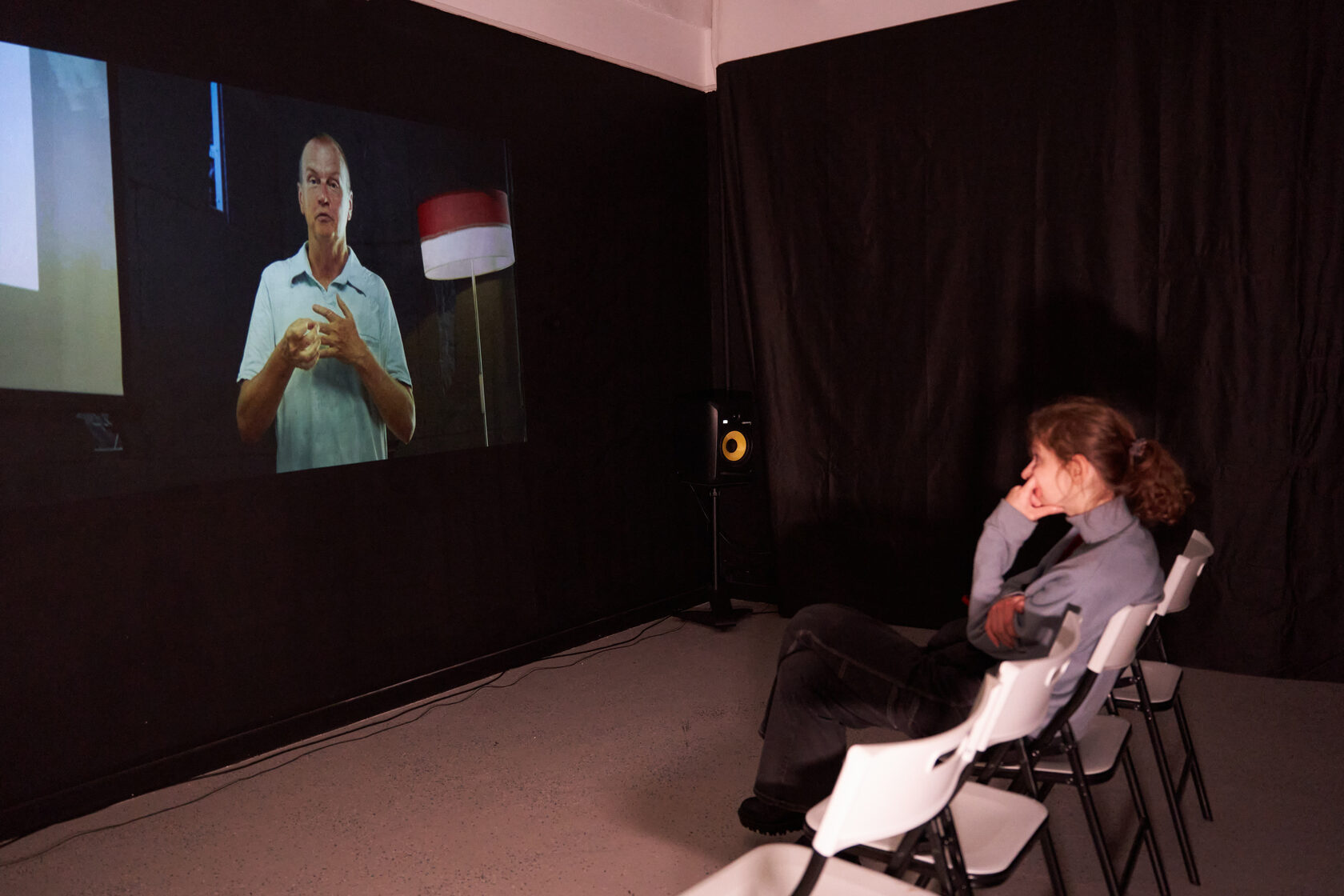
(Mikhail Lebedev)
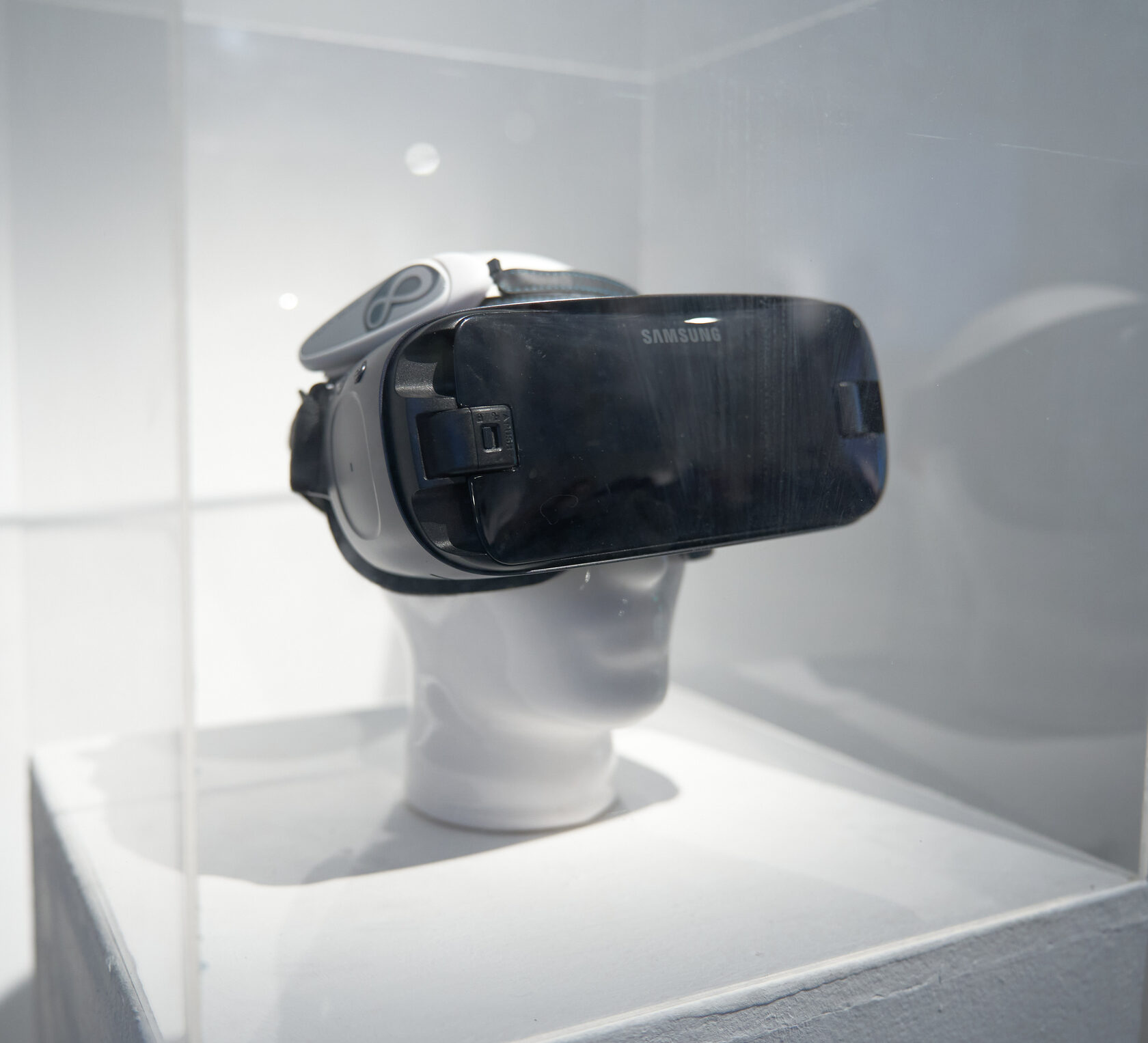
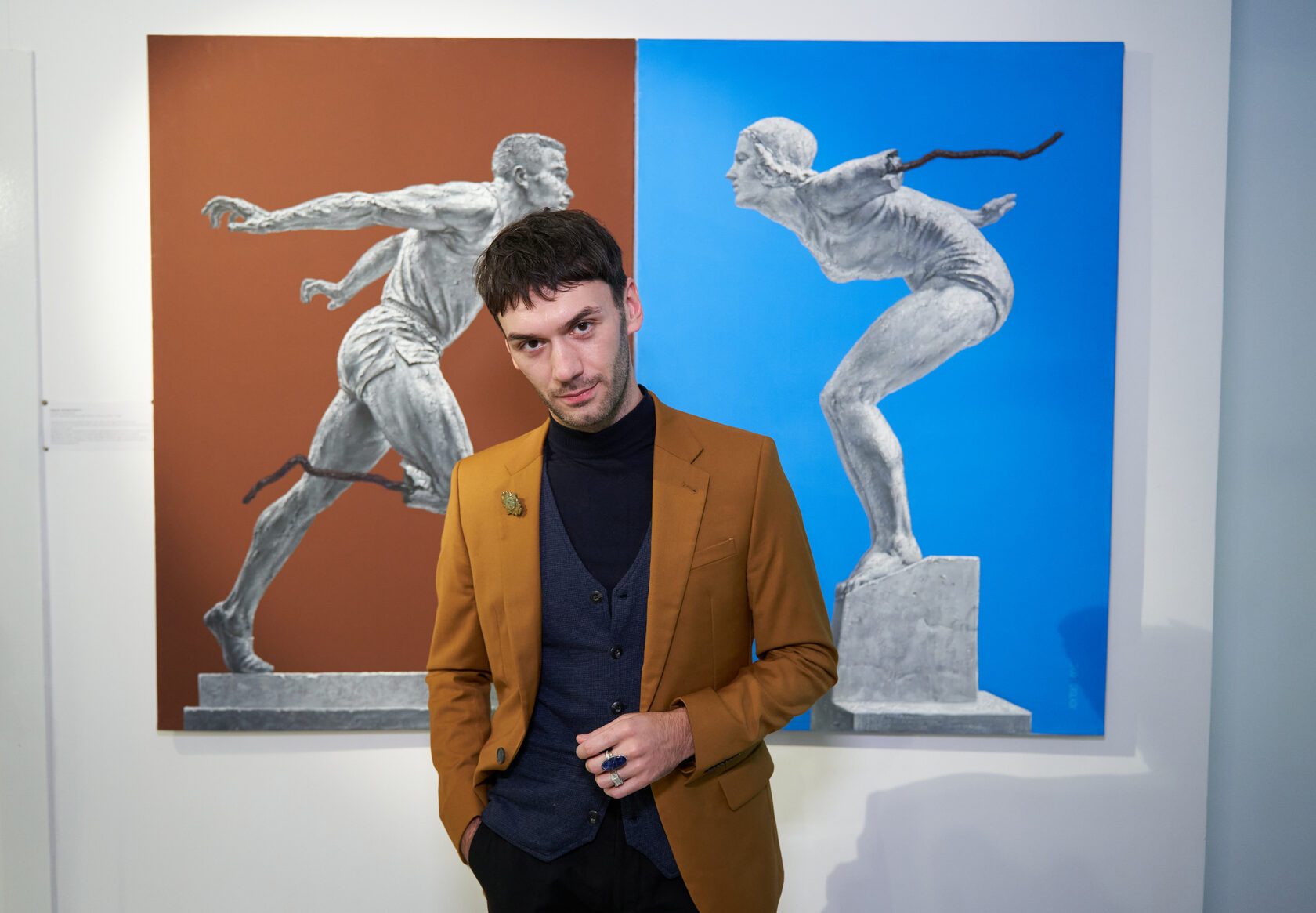
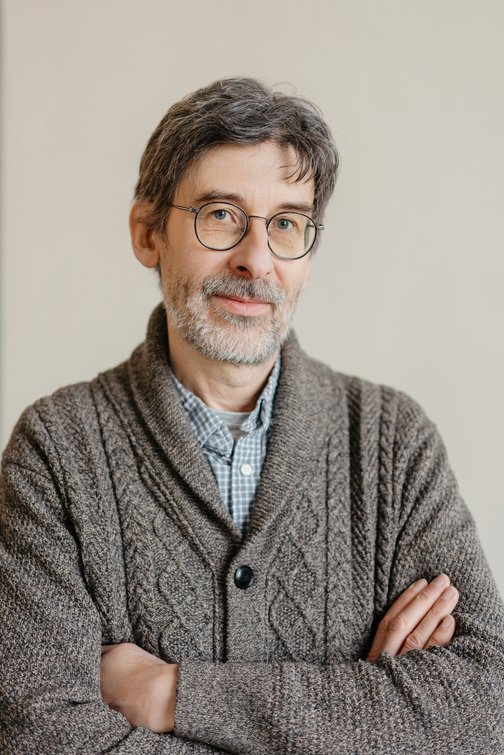
О нас
Krasnokholmskaya Gallery is the first and so far the only cultural institution in Moscow that works with an environmental agenda in such areas as art, education, leisure and lifestyle.
The gallery specializes in modern hybrid art forms that respond to the development of science and technology, as well as to the civilizational challenges of the time, such as climate change and environmental pollution.
We believe that technologies applied to solve pressing environmental problems will help humanity overcome the environmental crisis. And this process has already begun!
Mission of the Krasnokholmskaya Gallery
- to introduce our visitors to new ideas and projects at the intersection of ecology, technology and art,
- support the development of such projects,
- promote an eco-conscious lifestyle,
- to become a meeting place for eco-activists, scientists and social entrepreneurs with people of creative professions.
Last edited:

